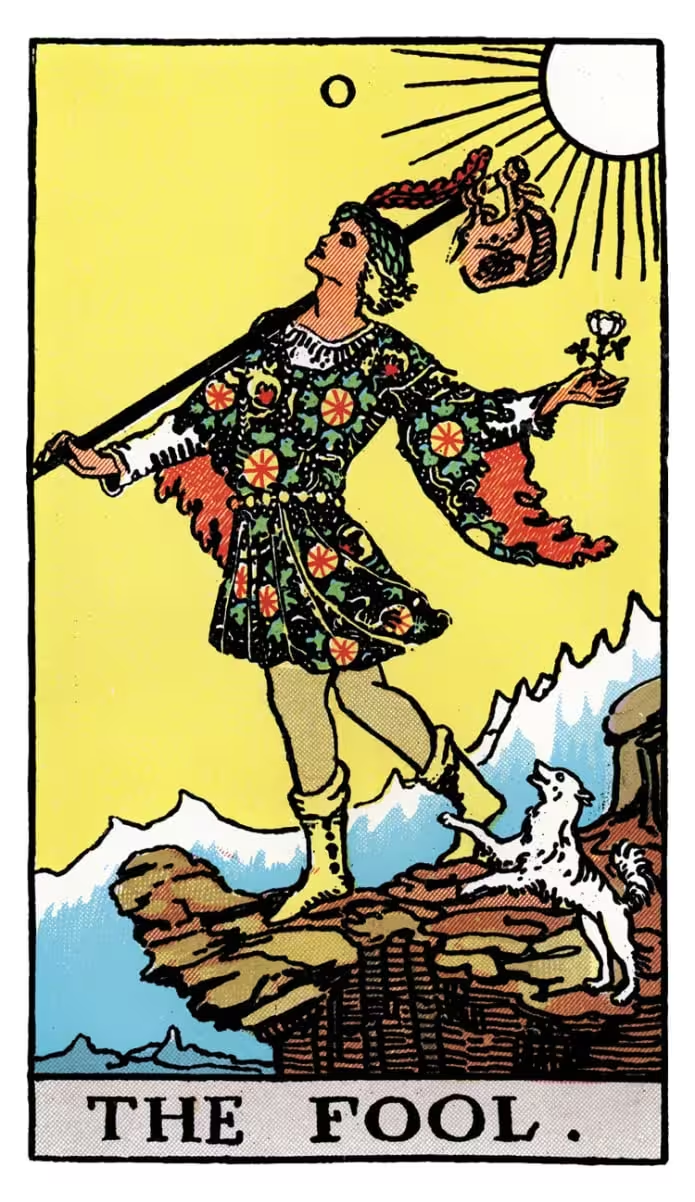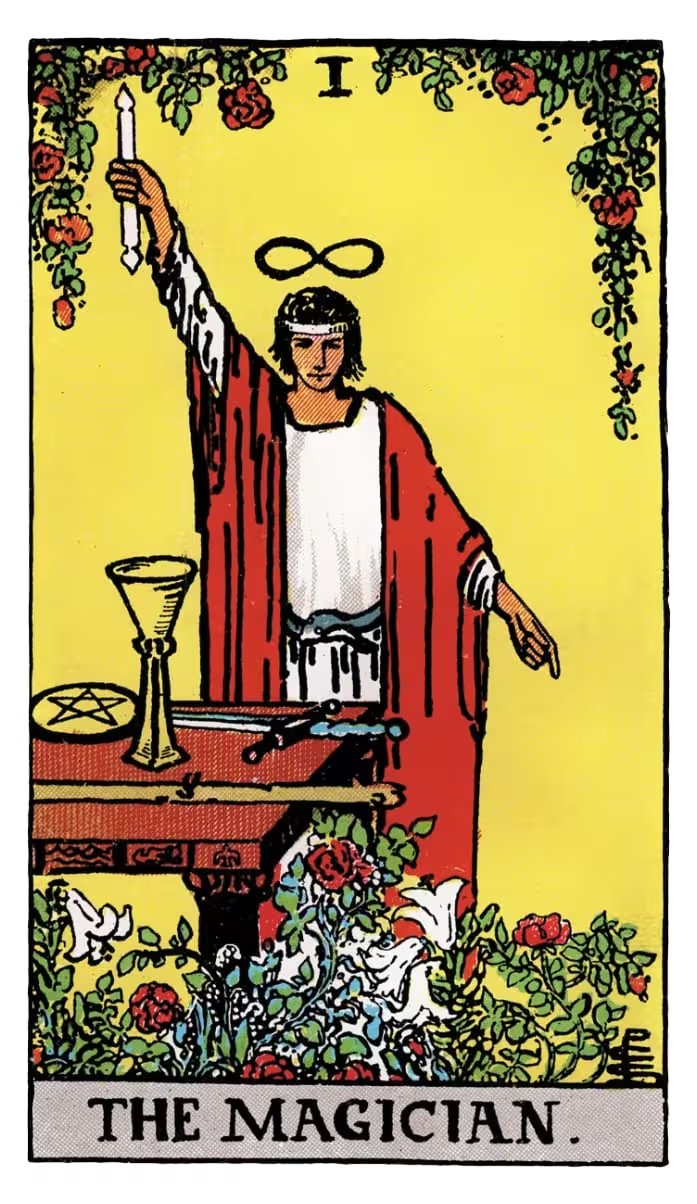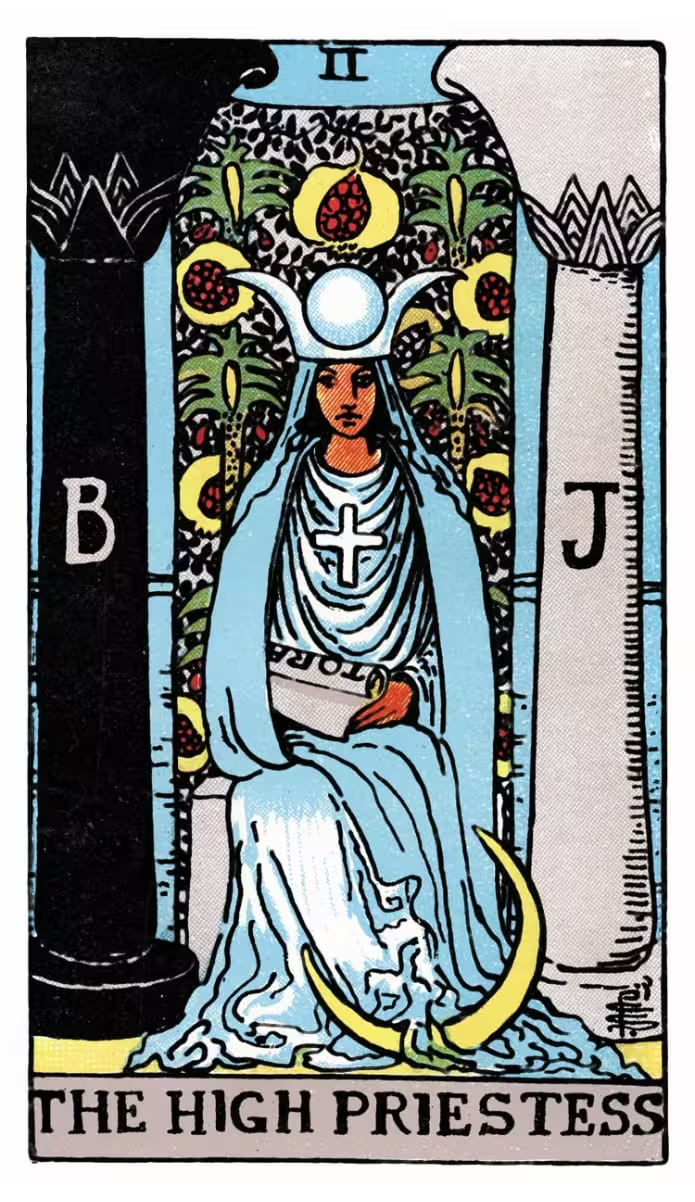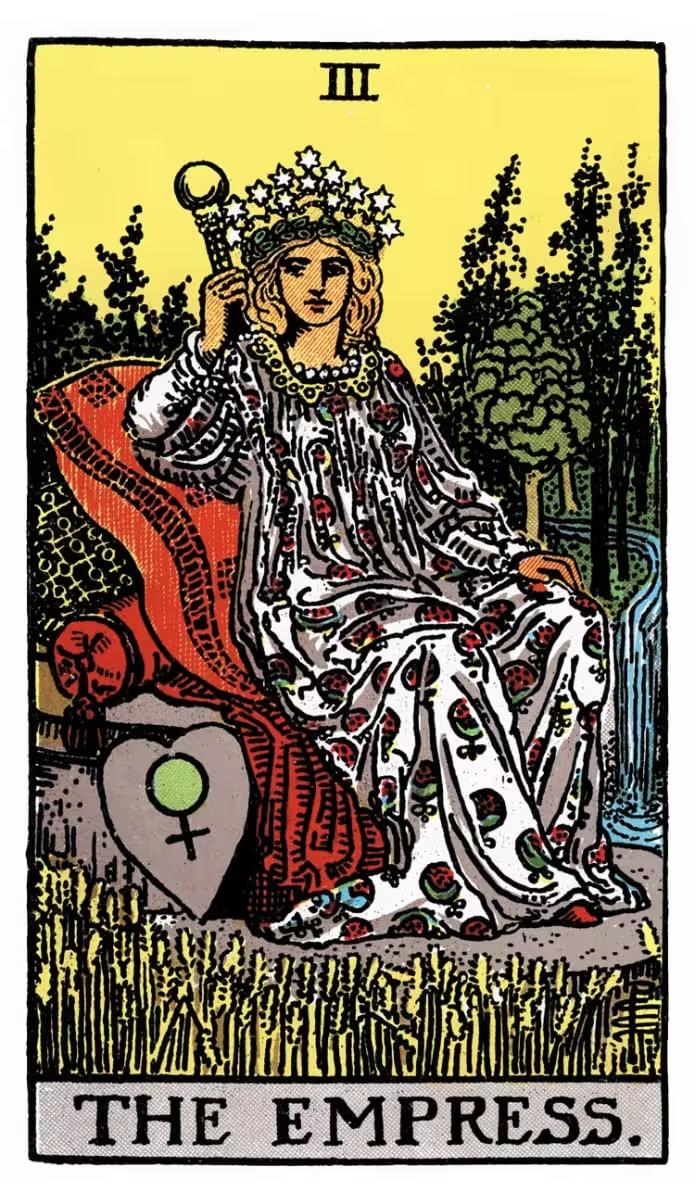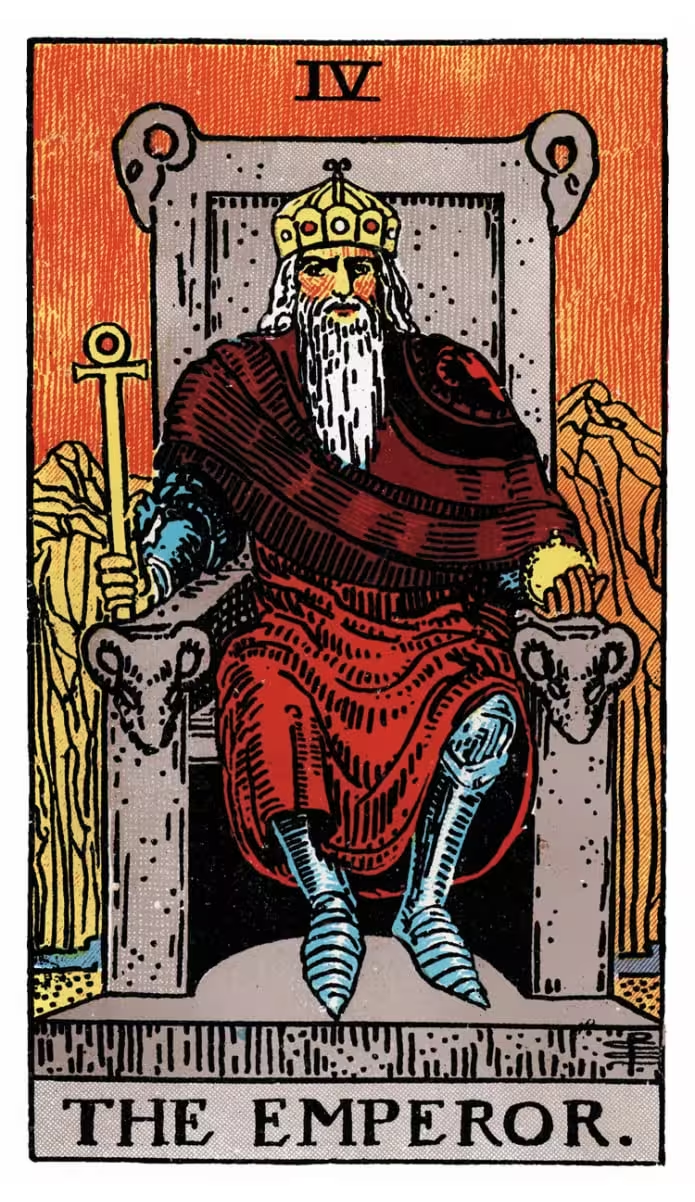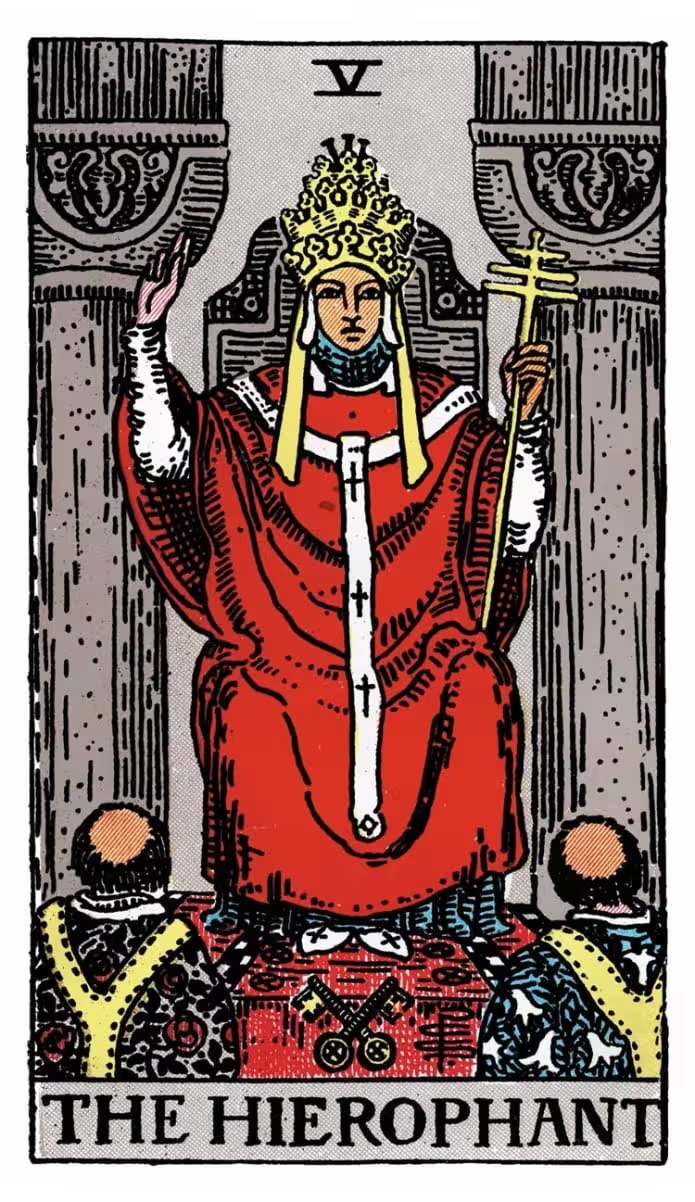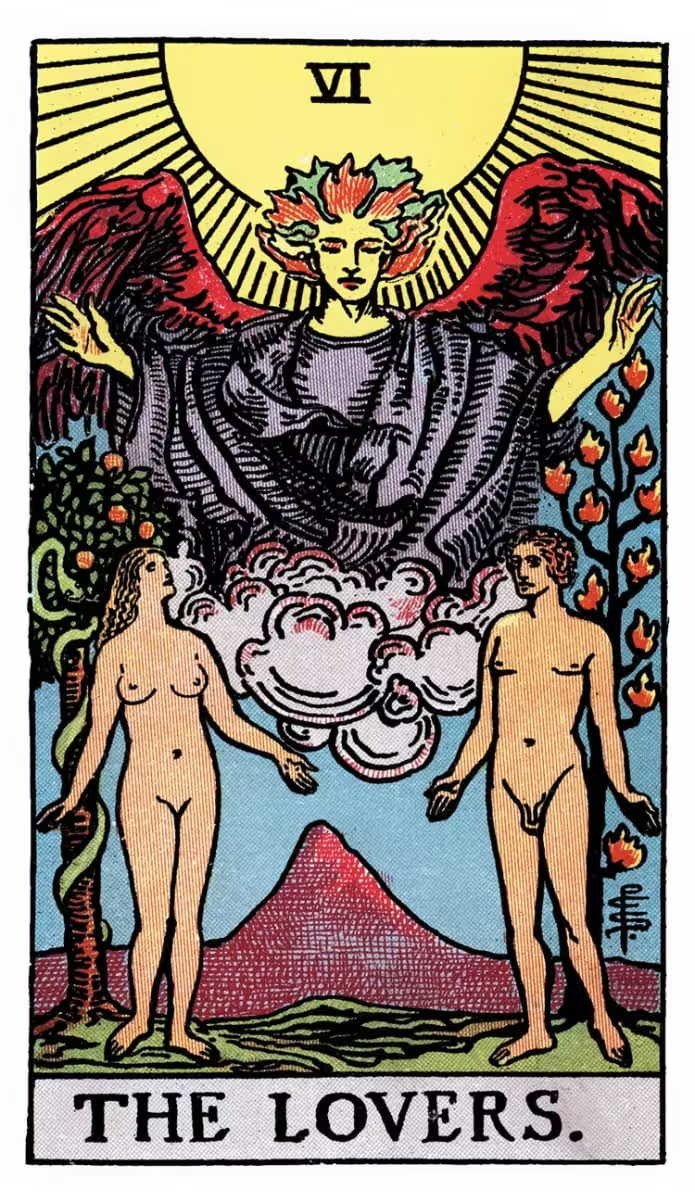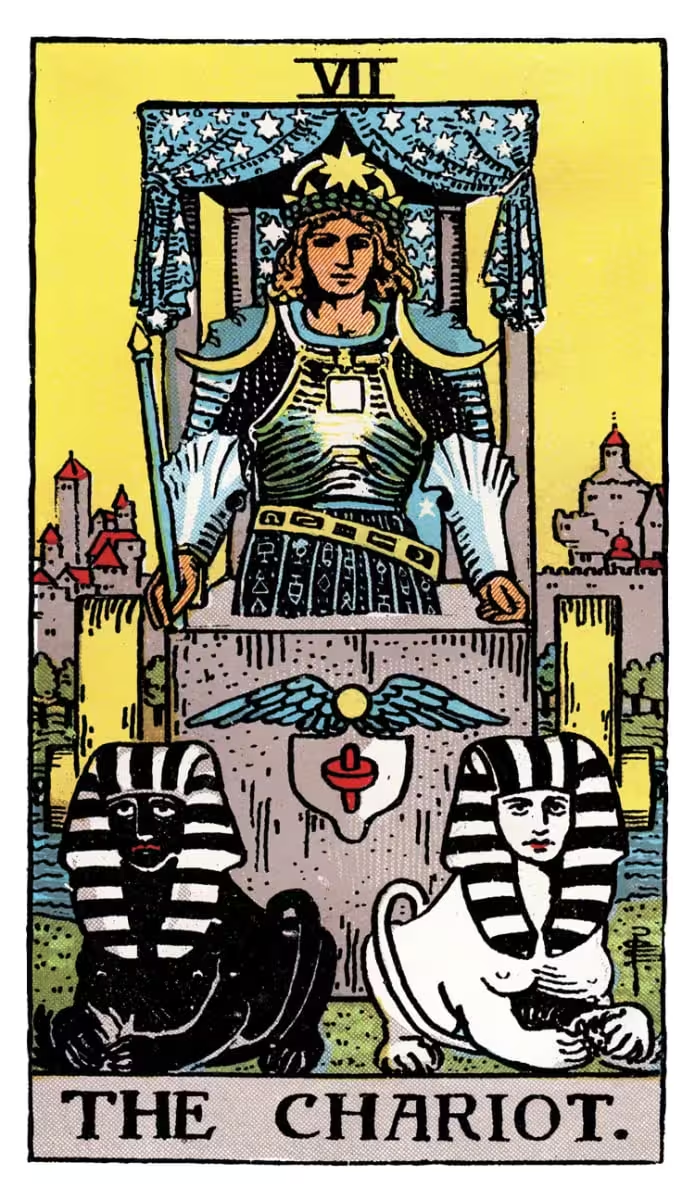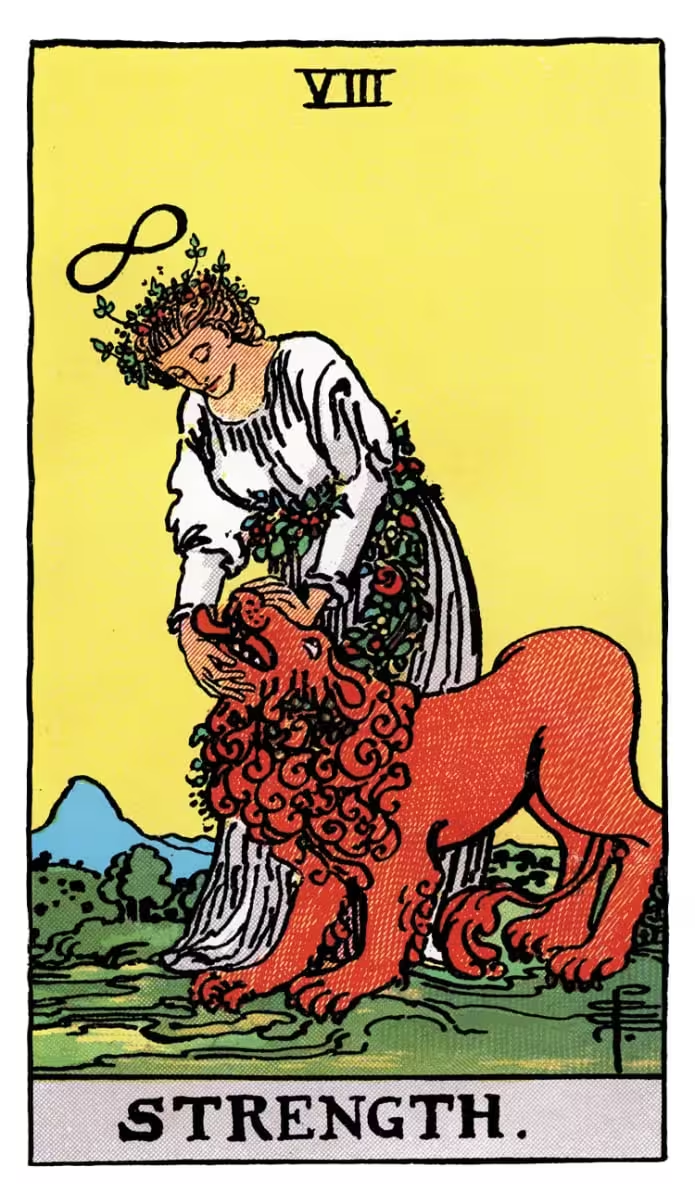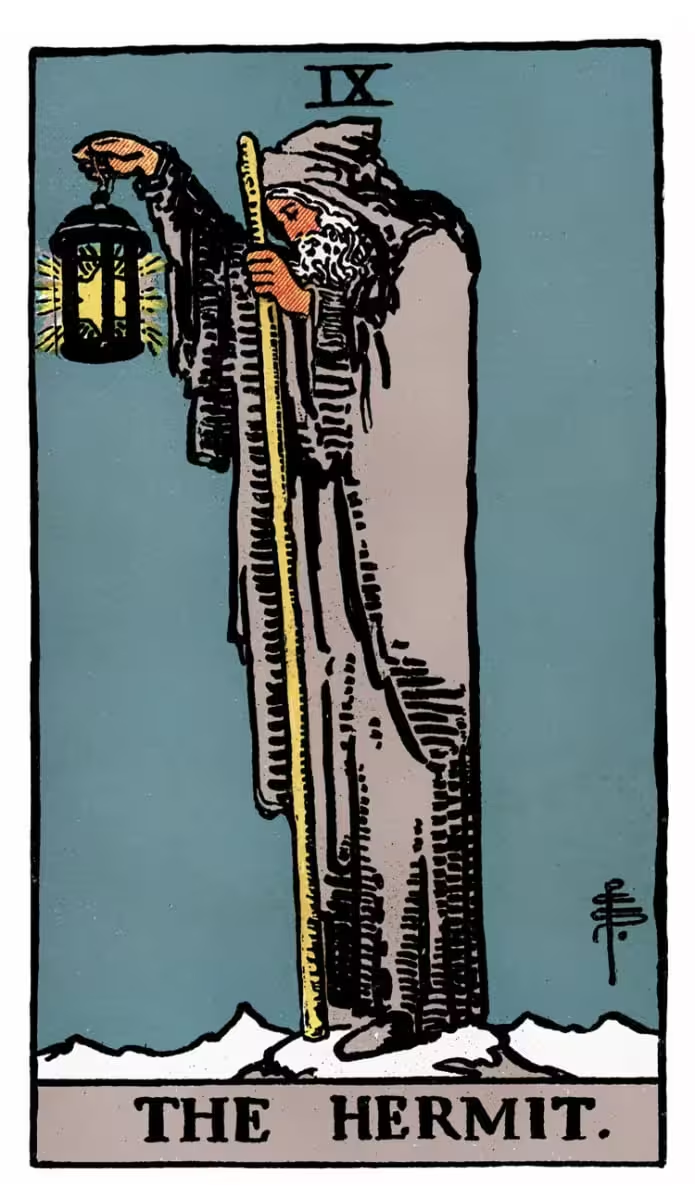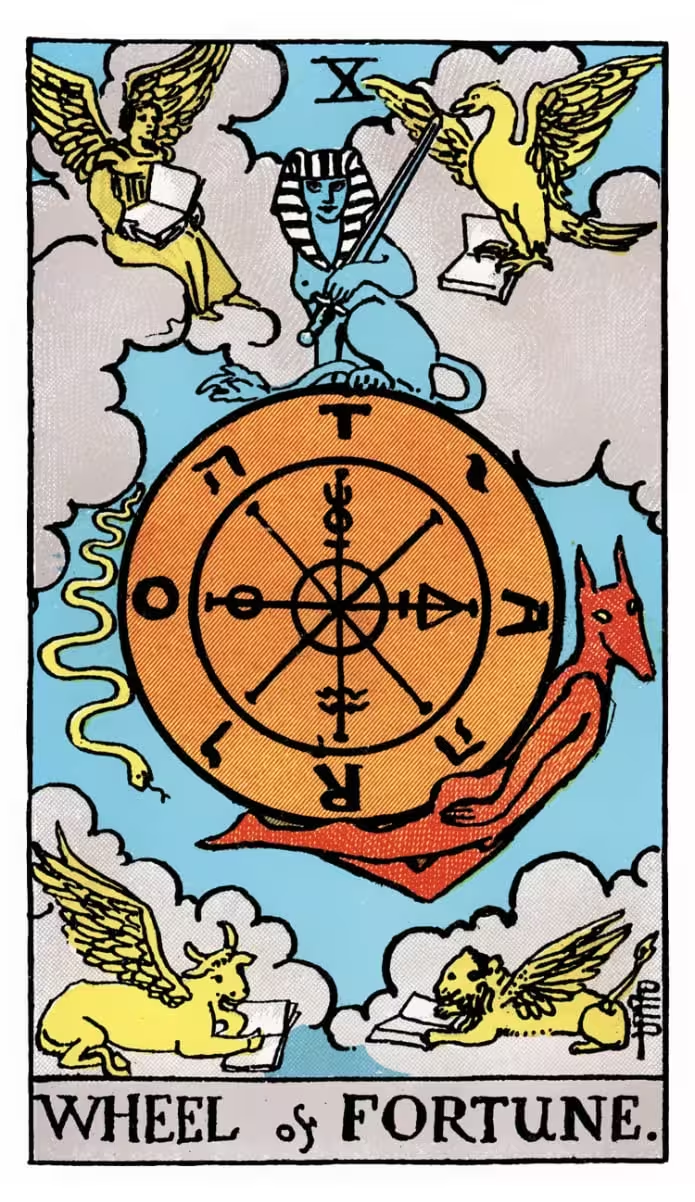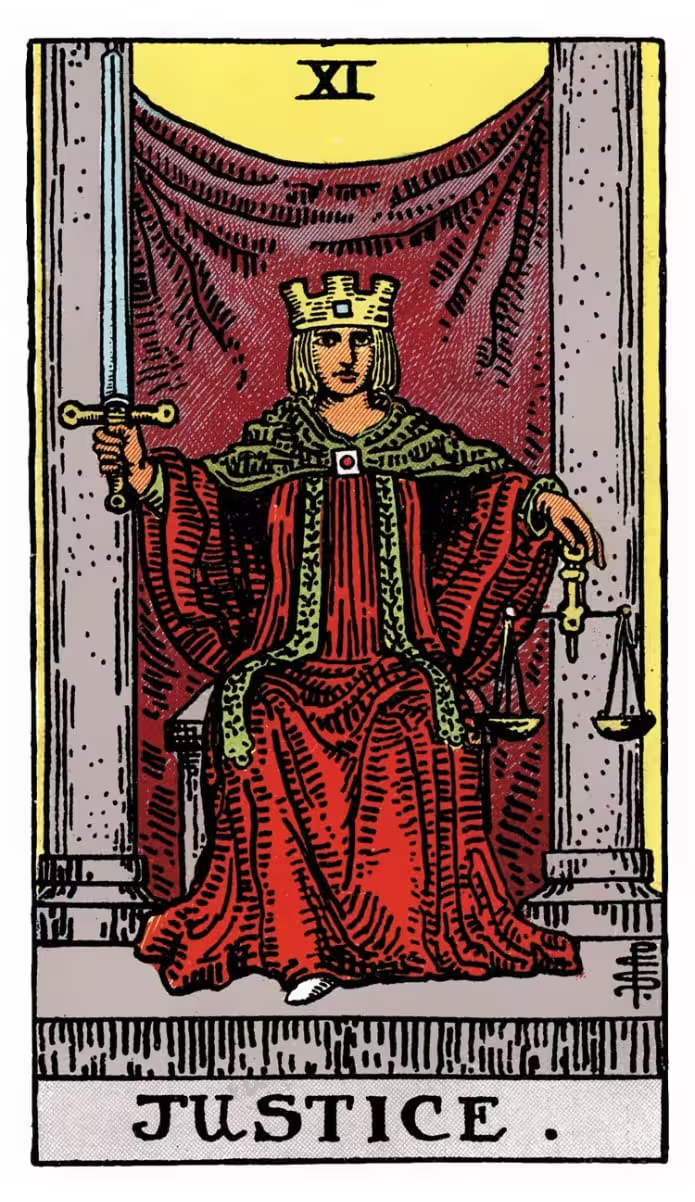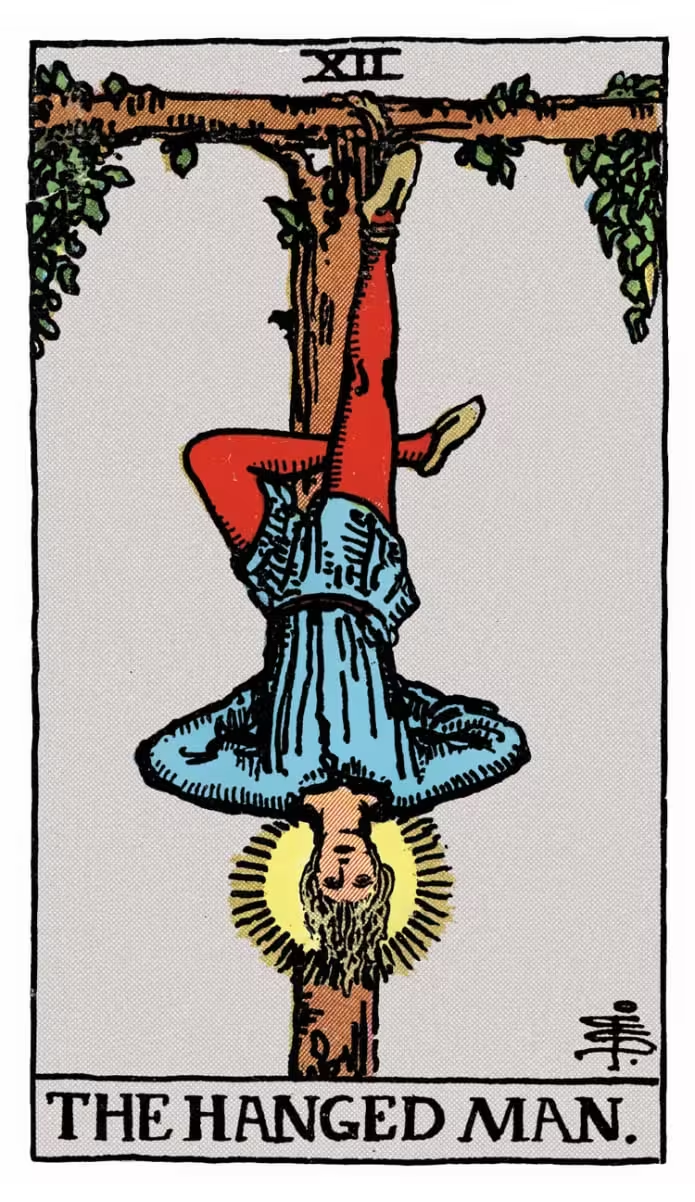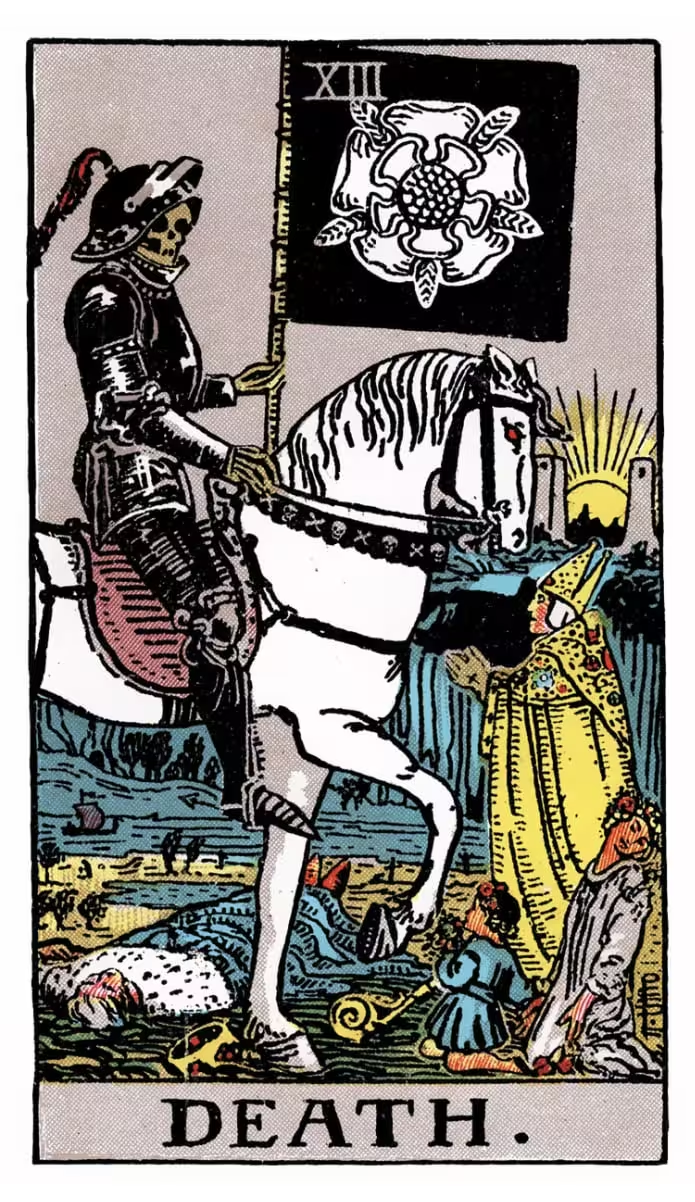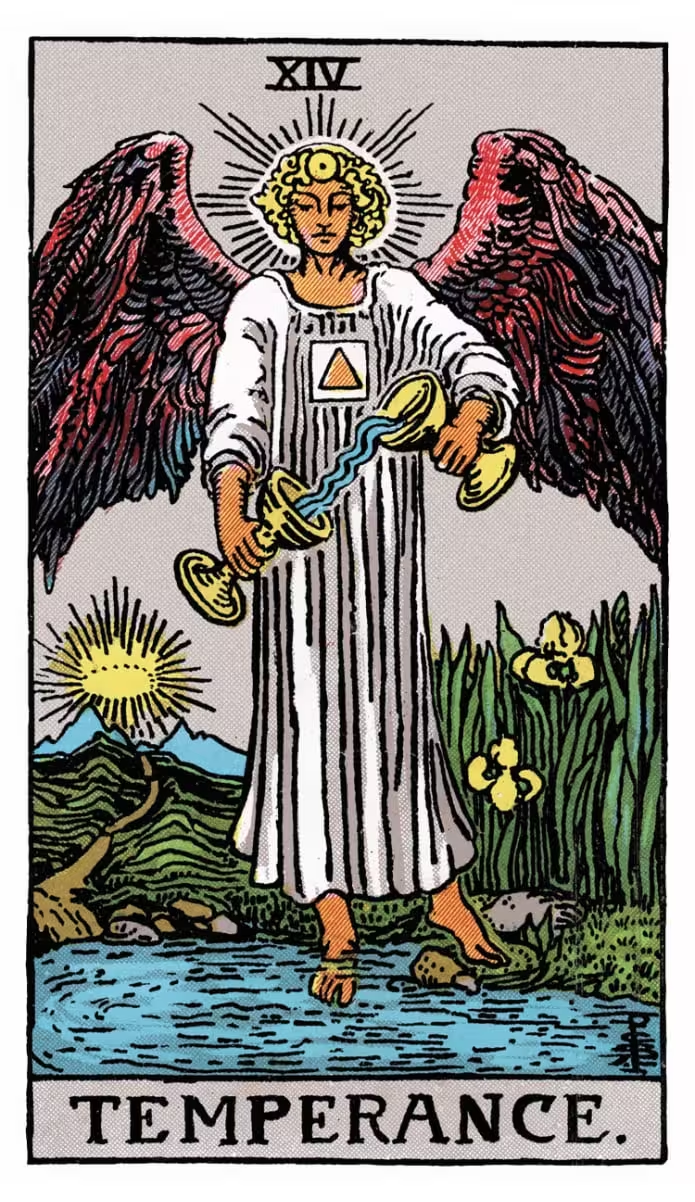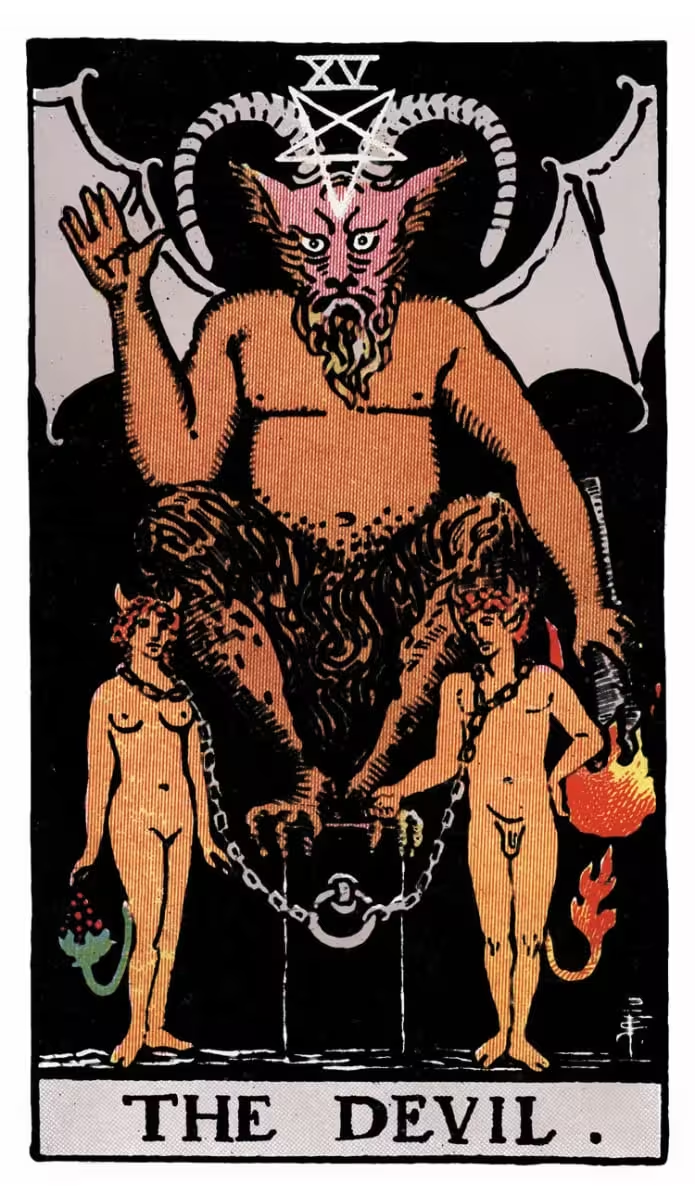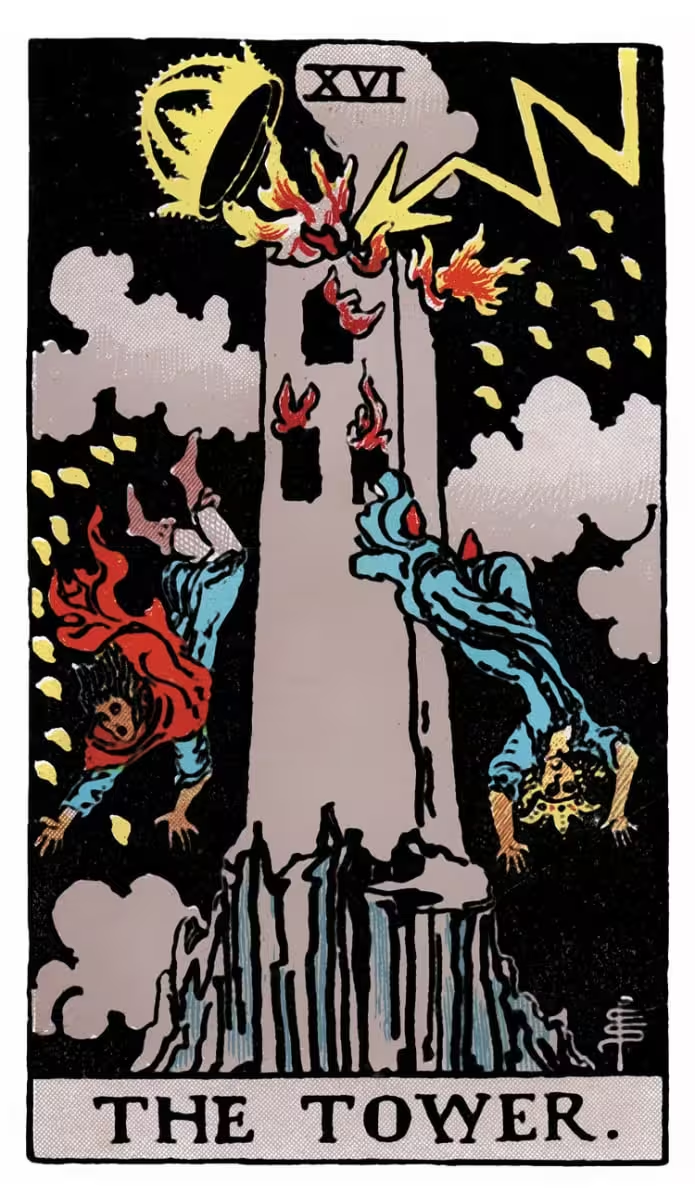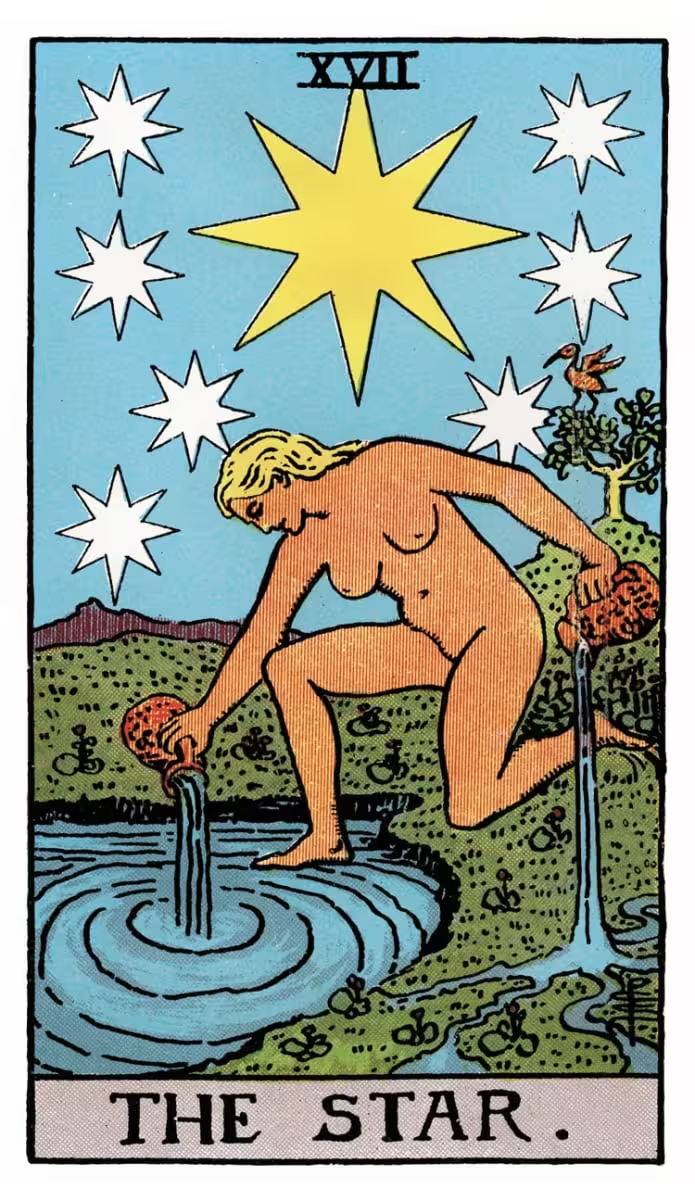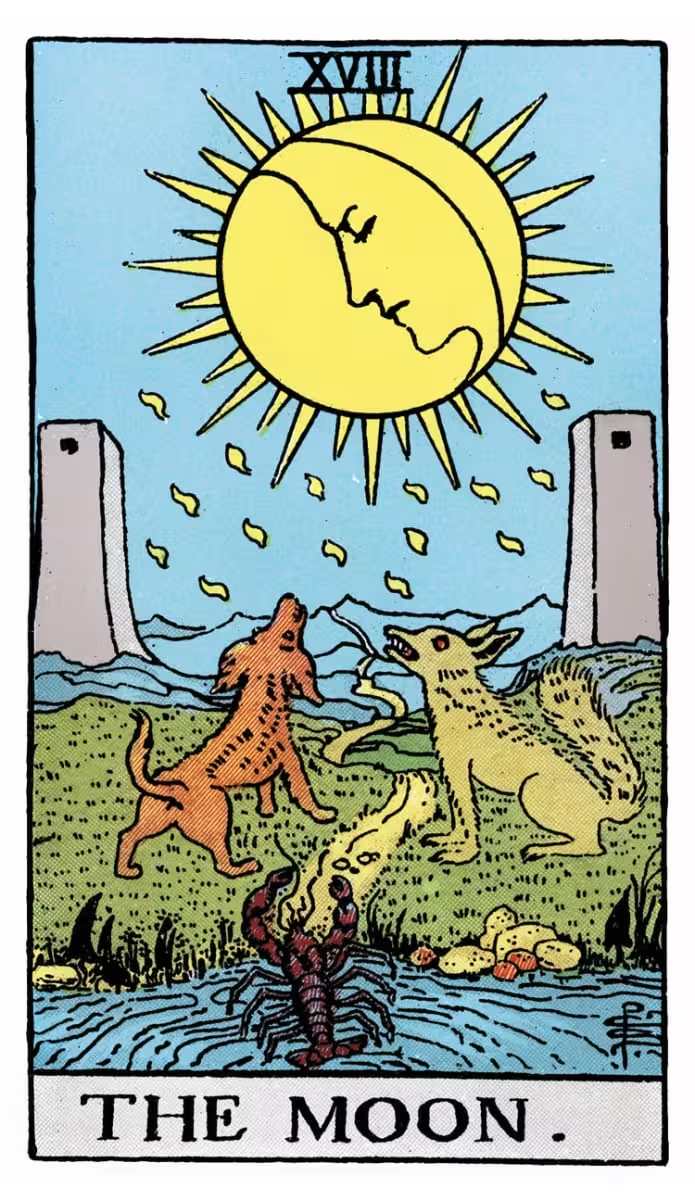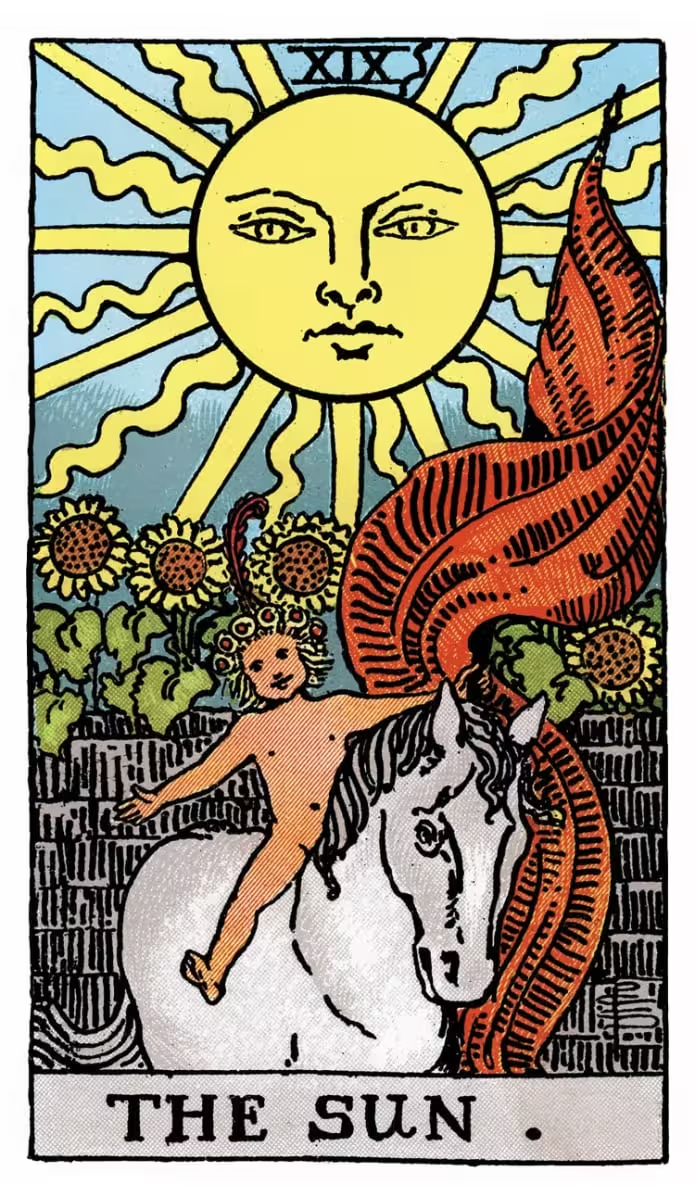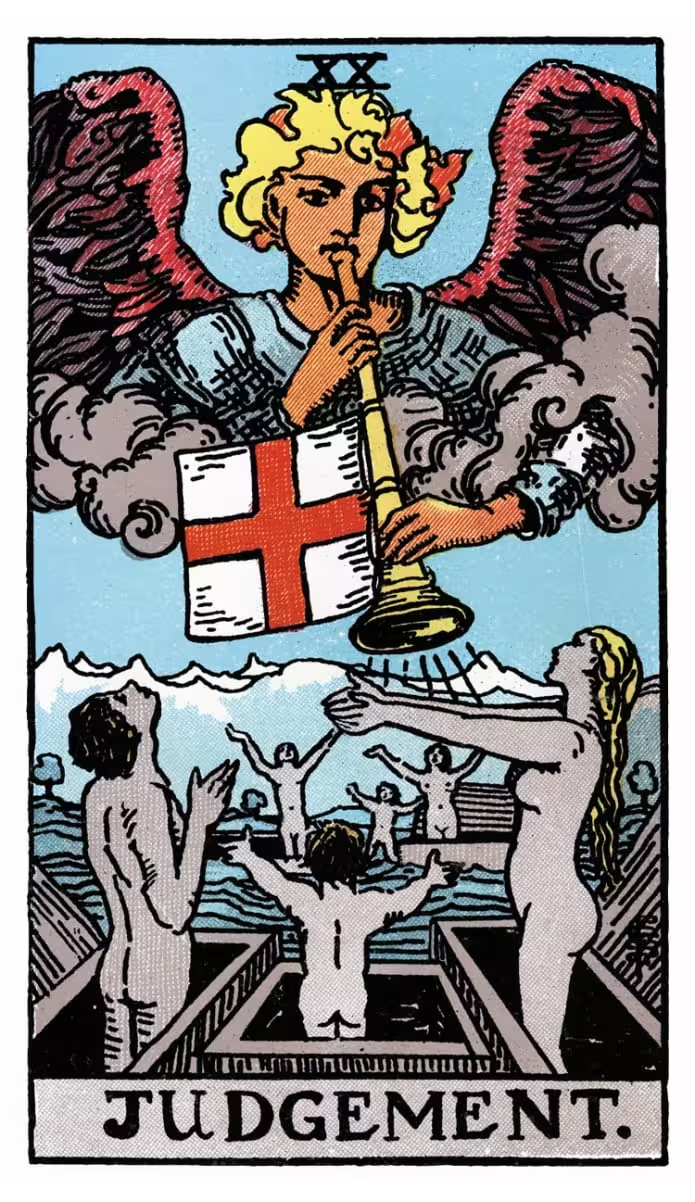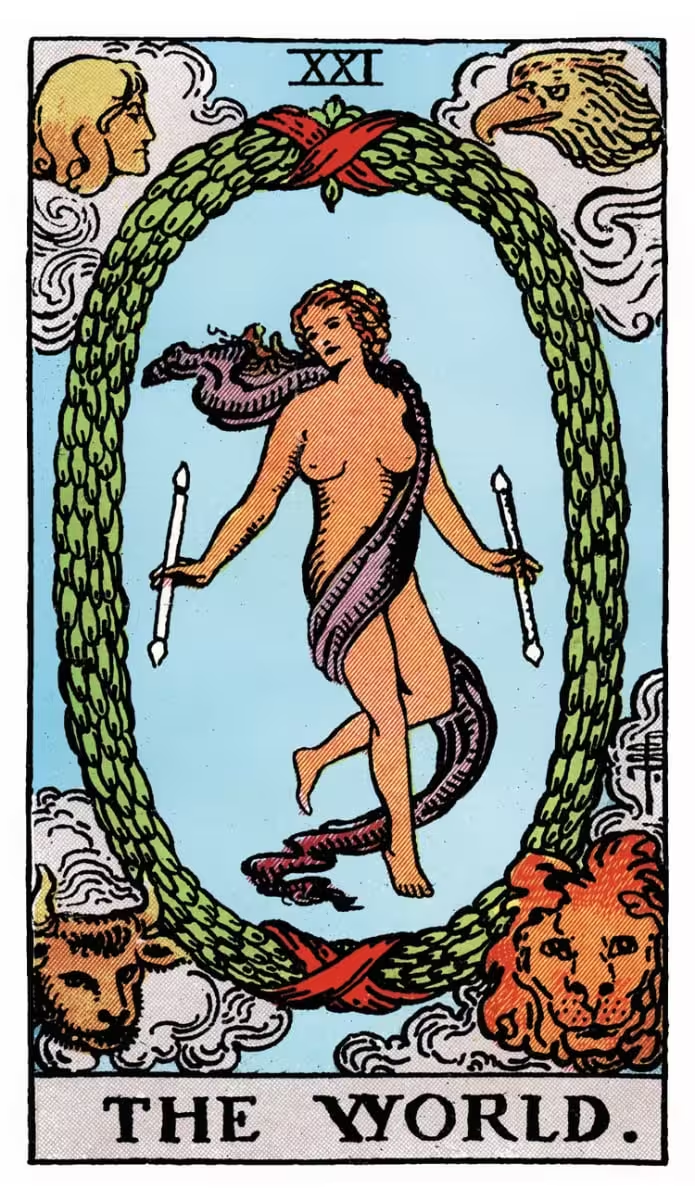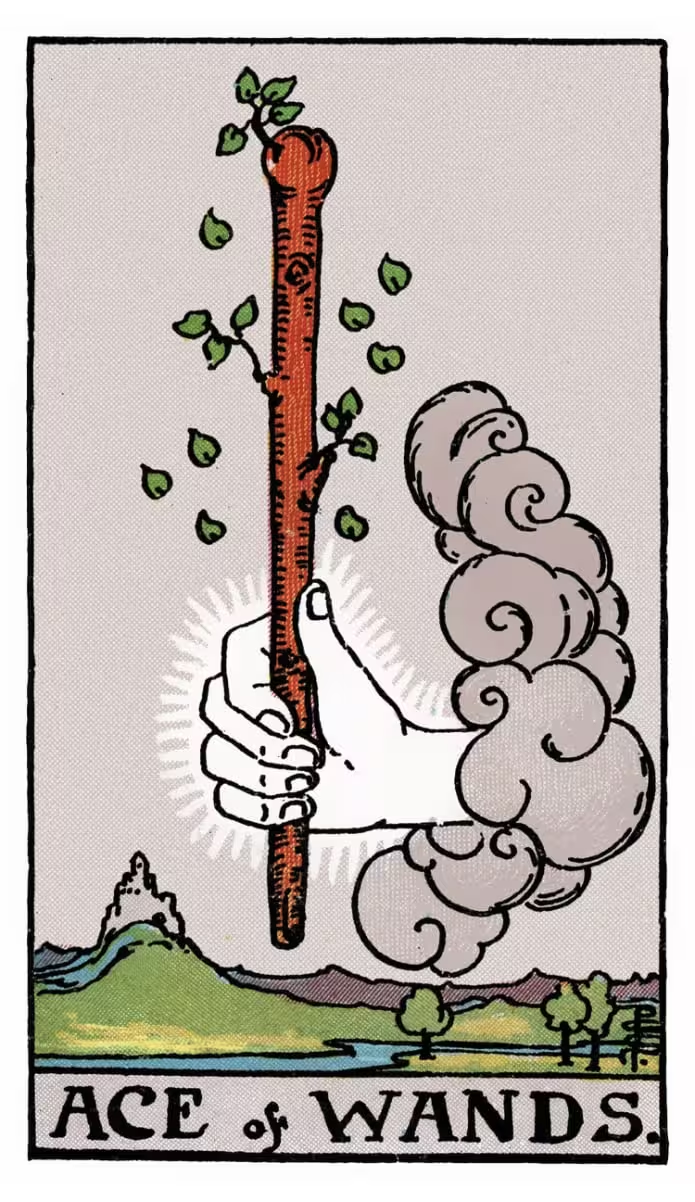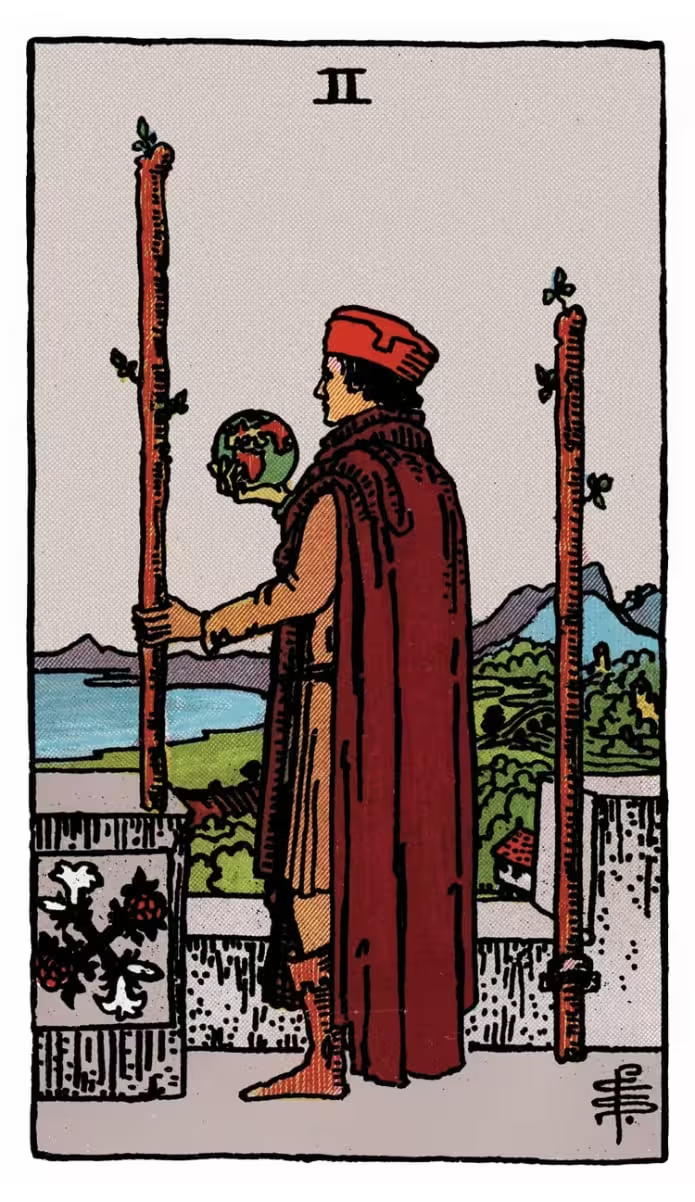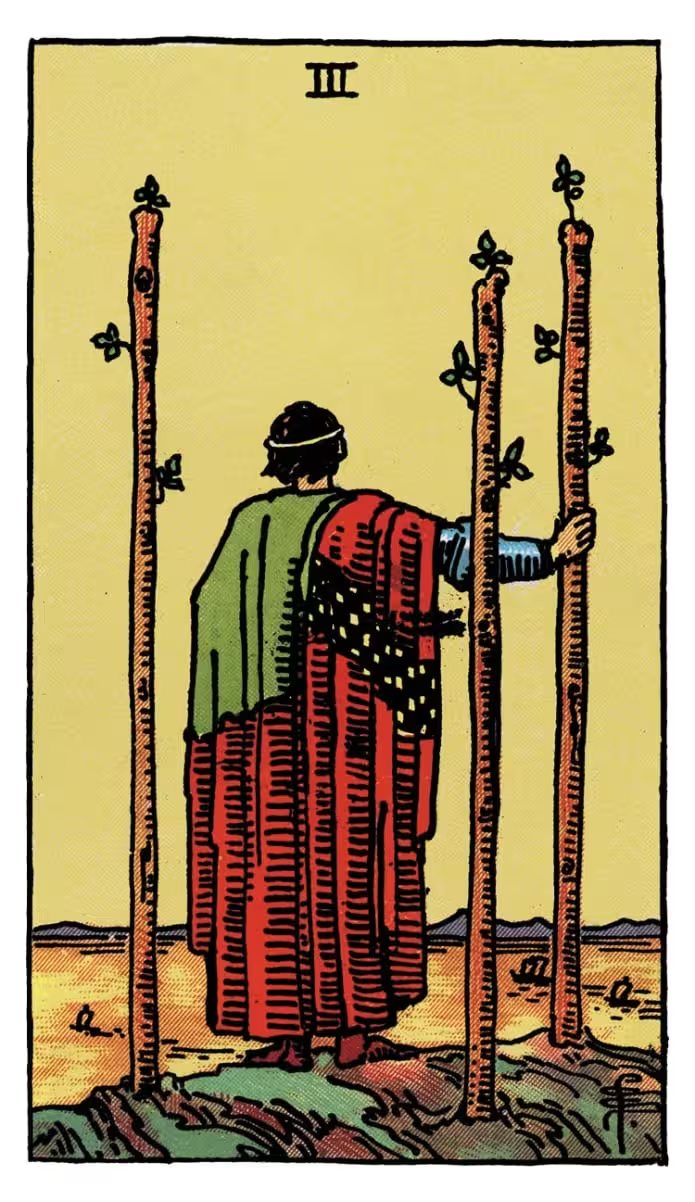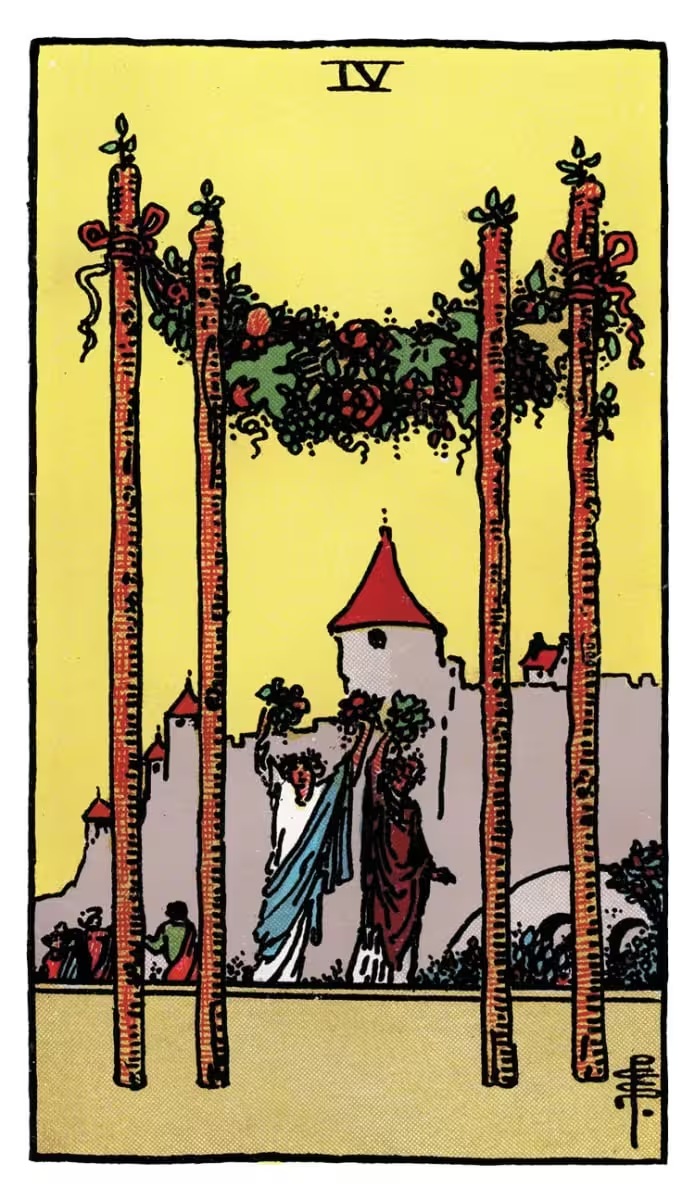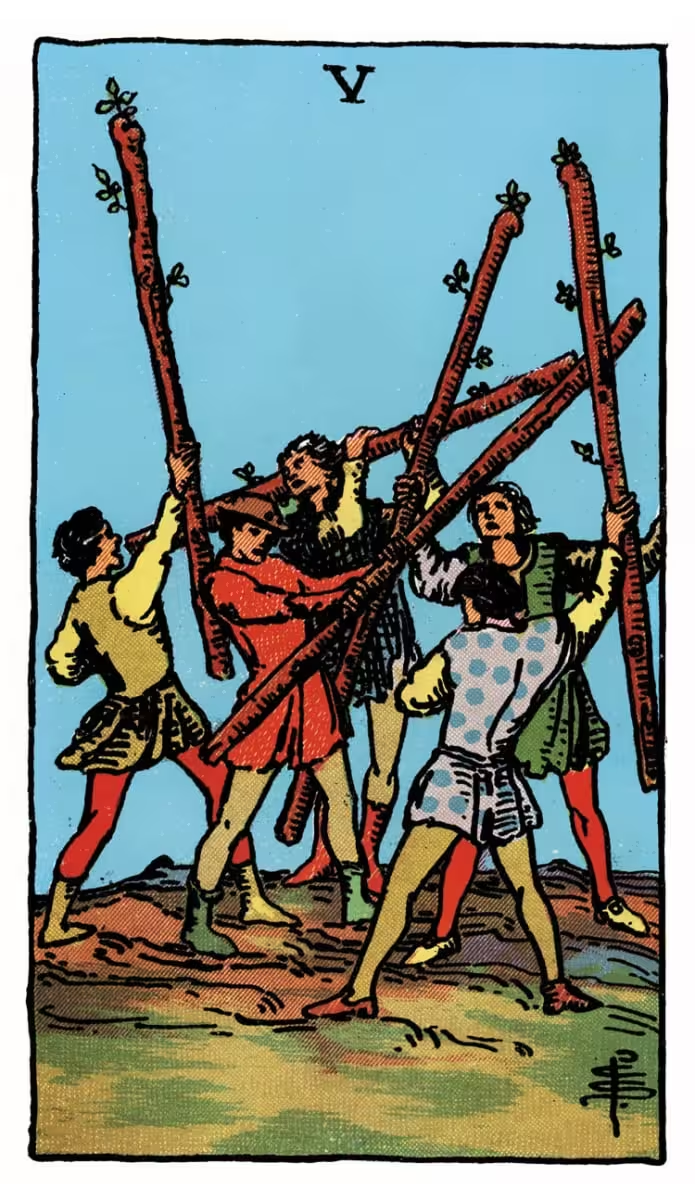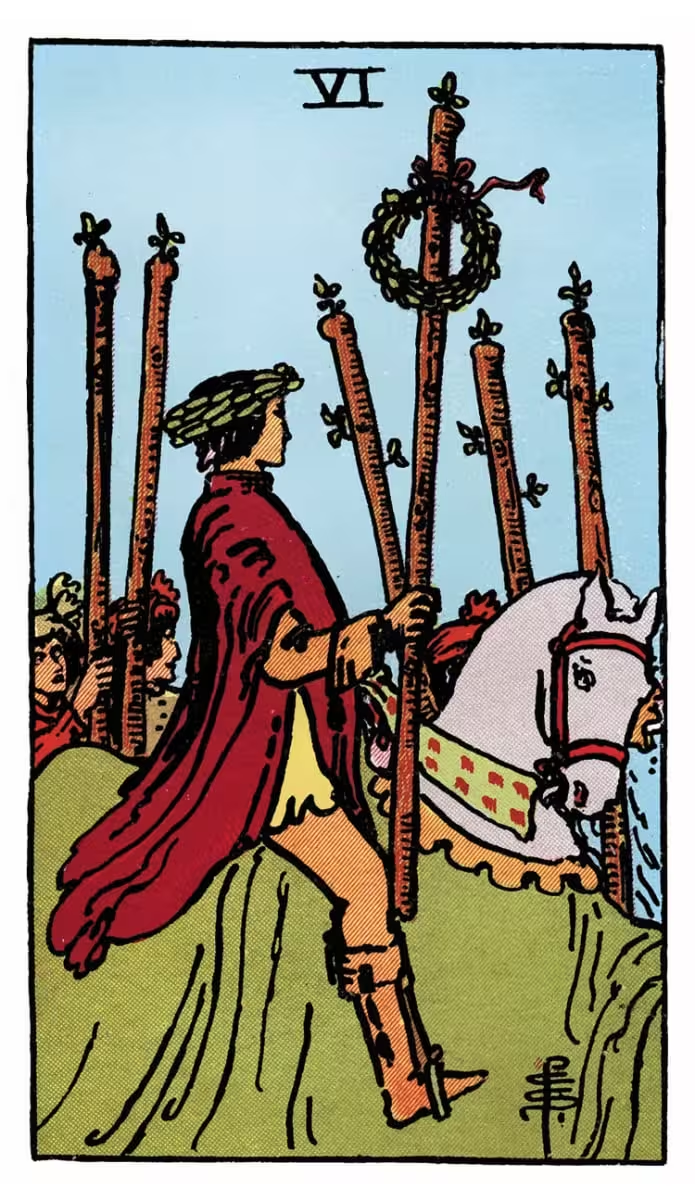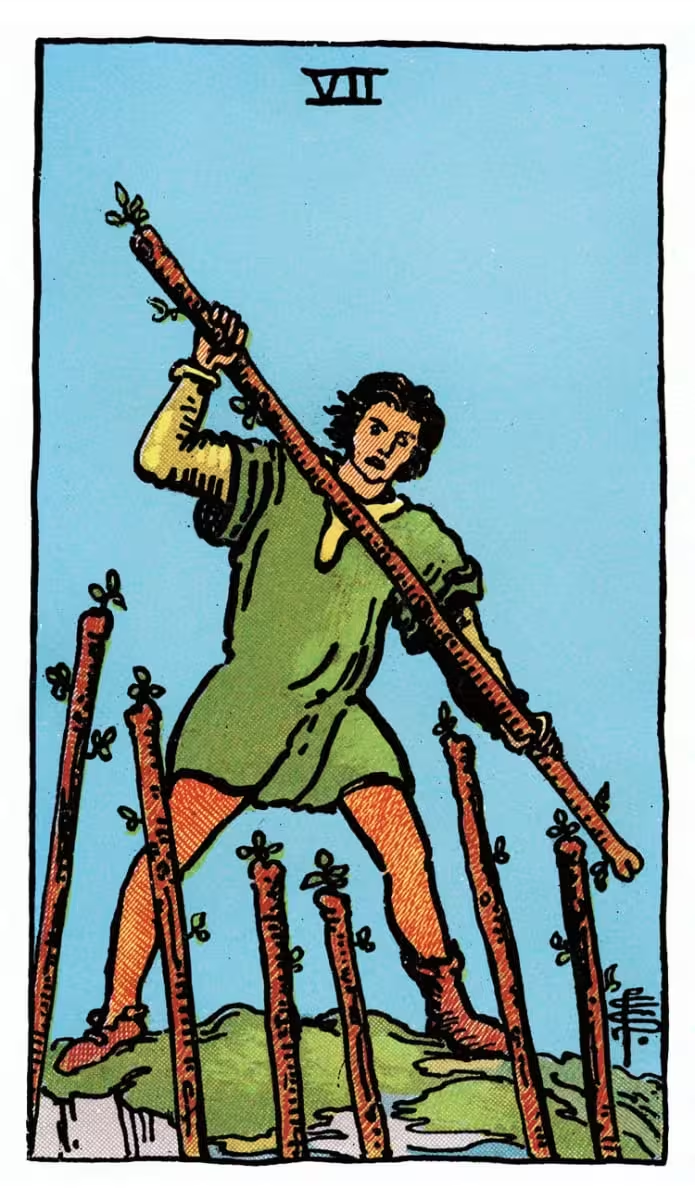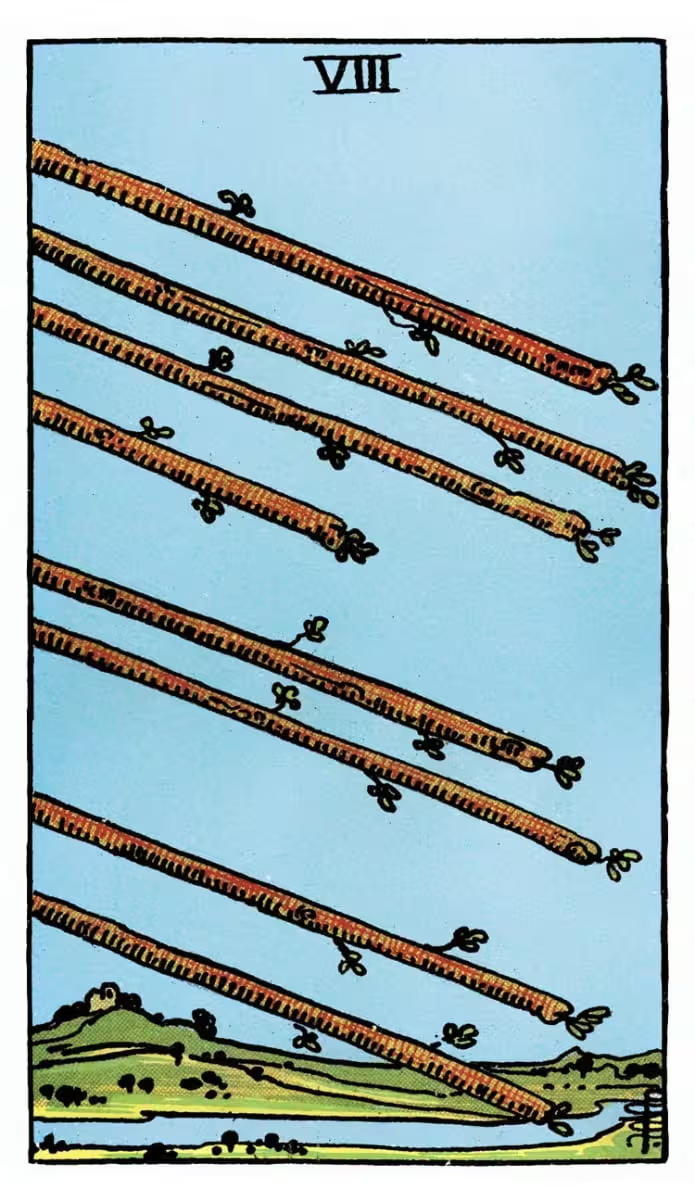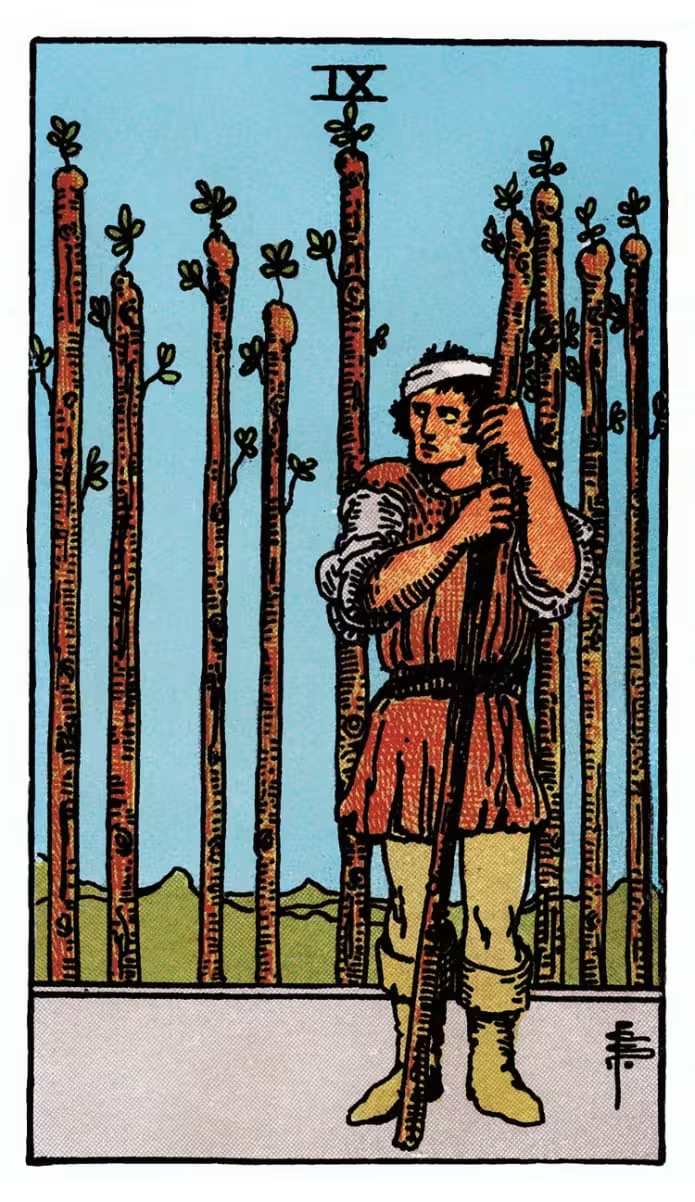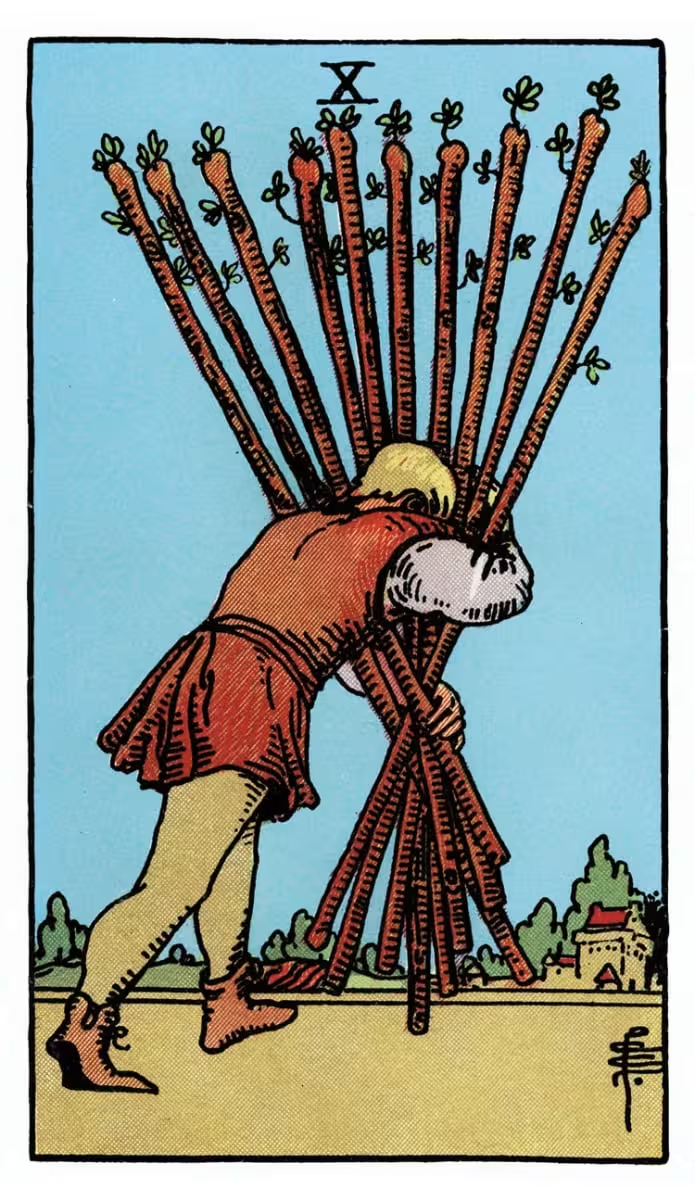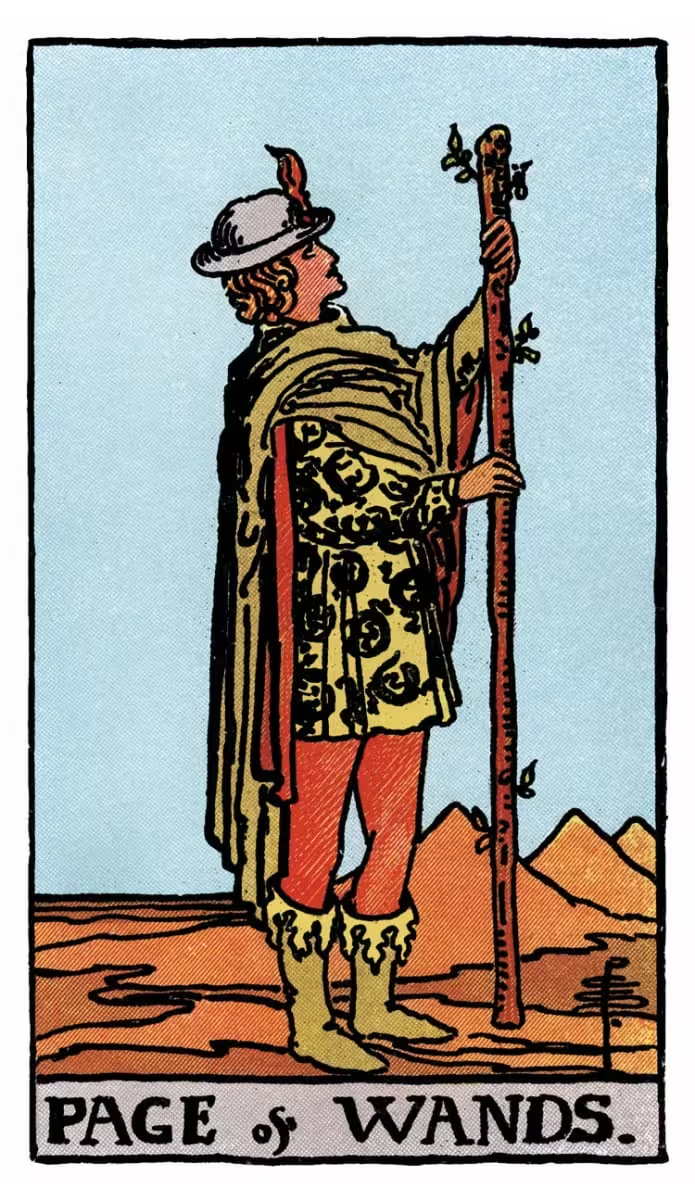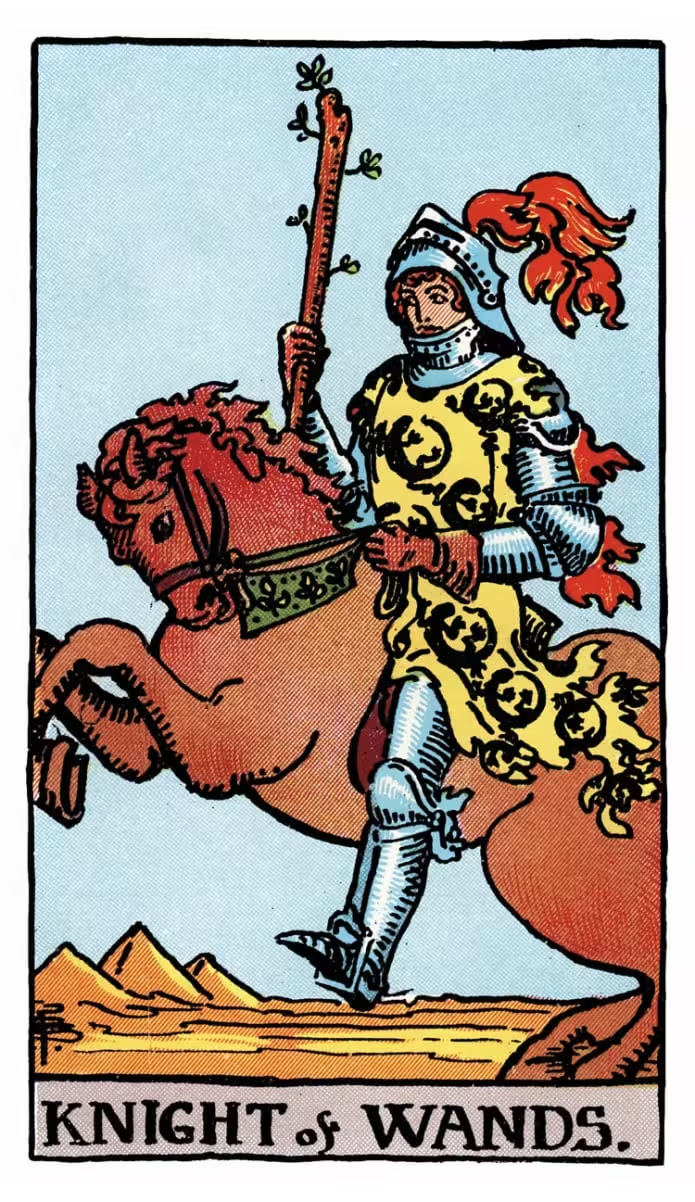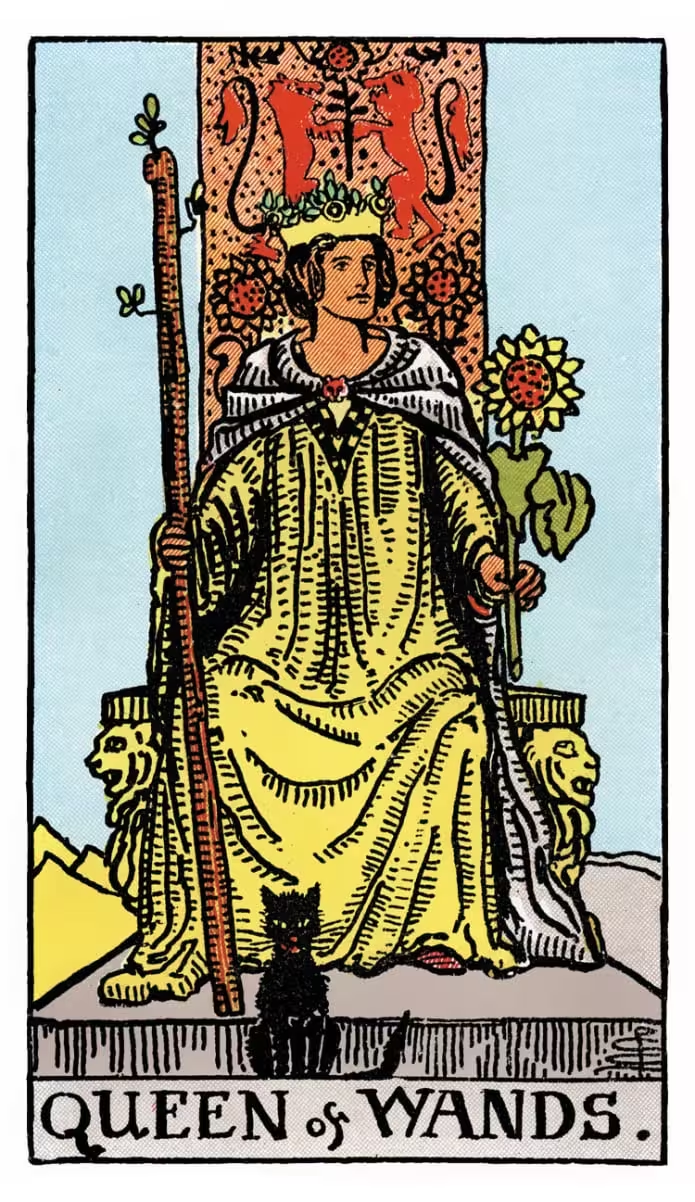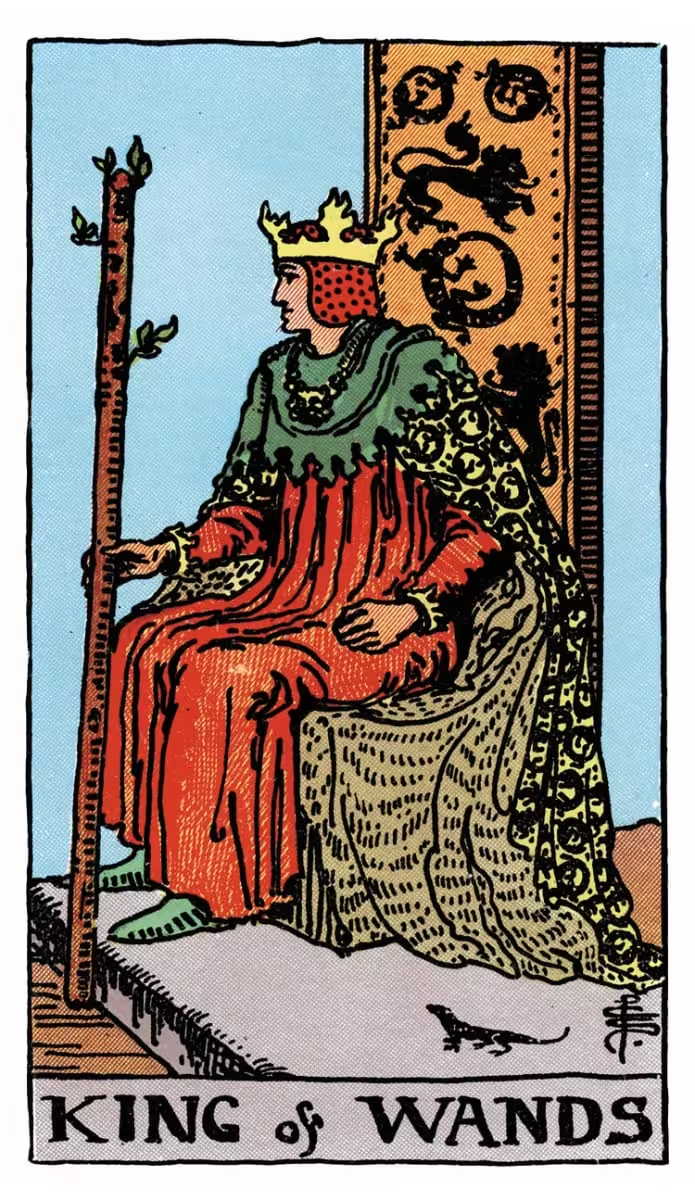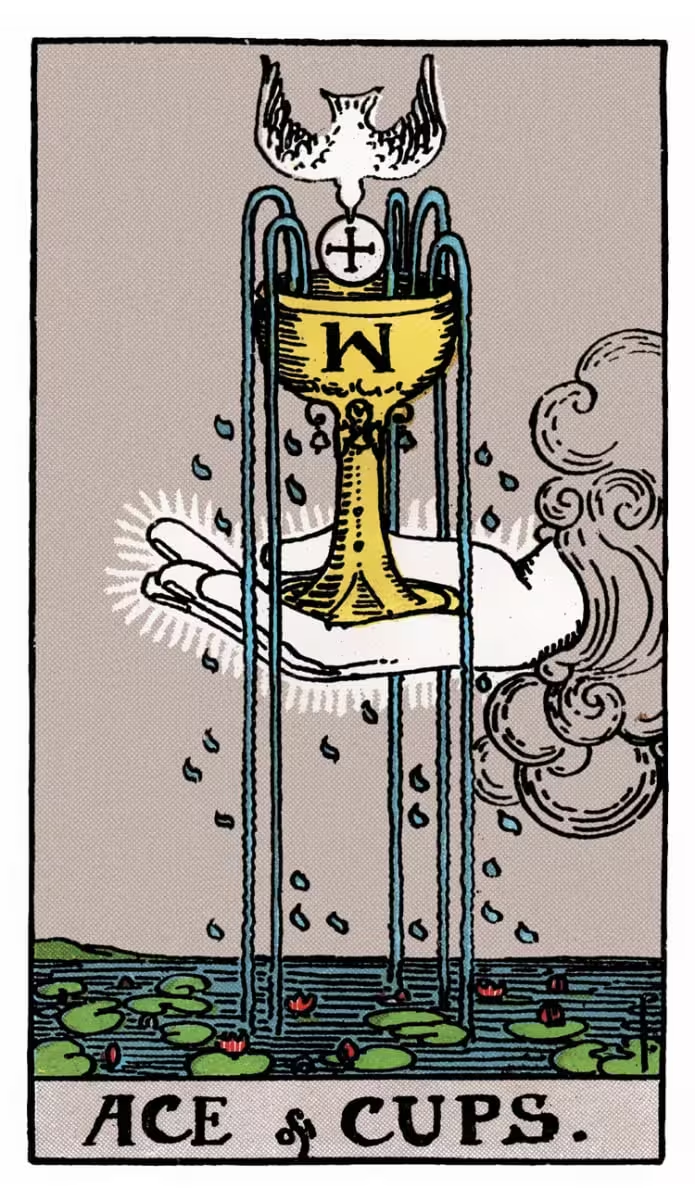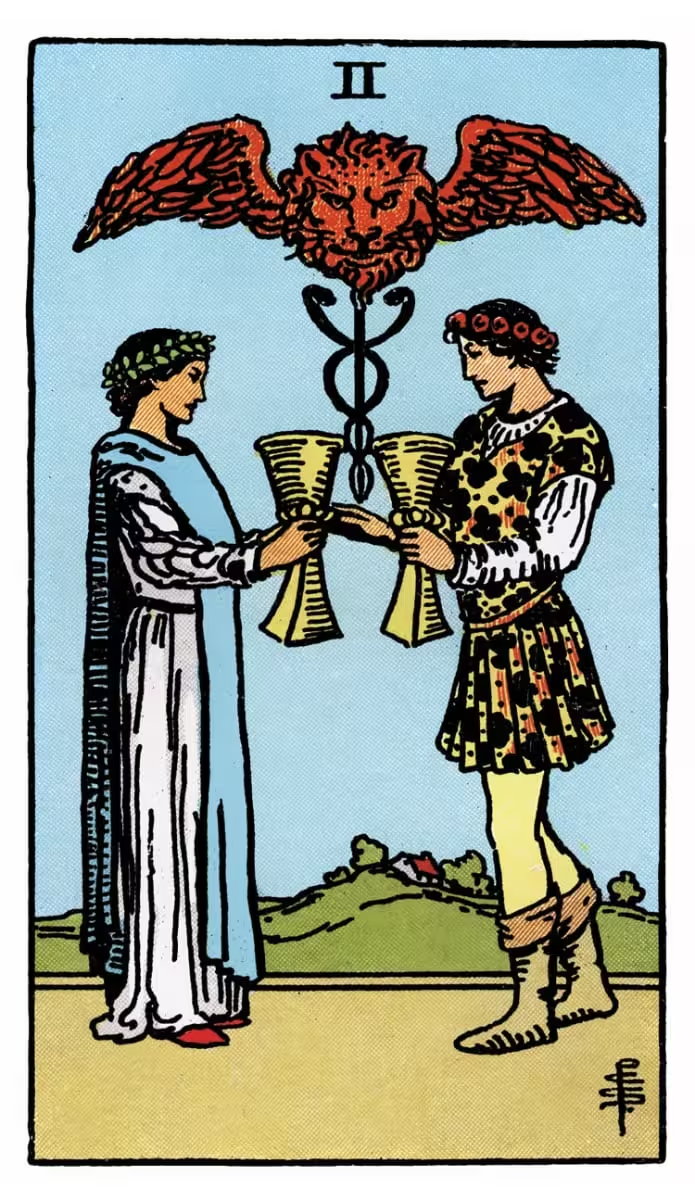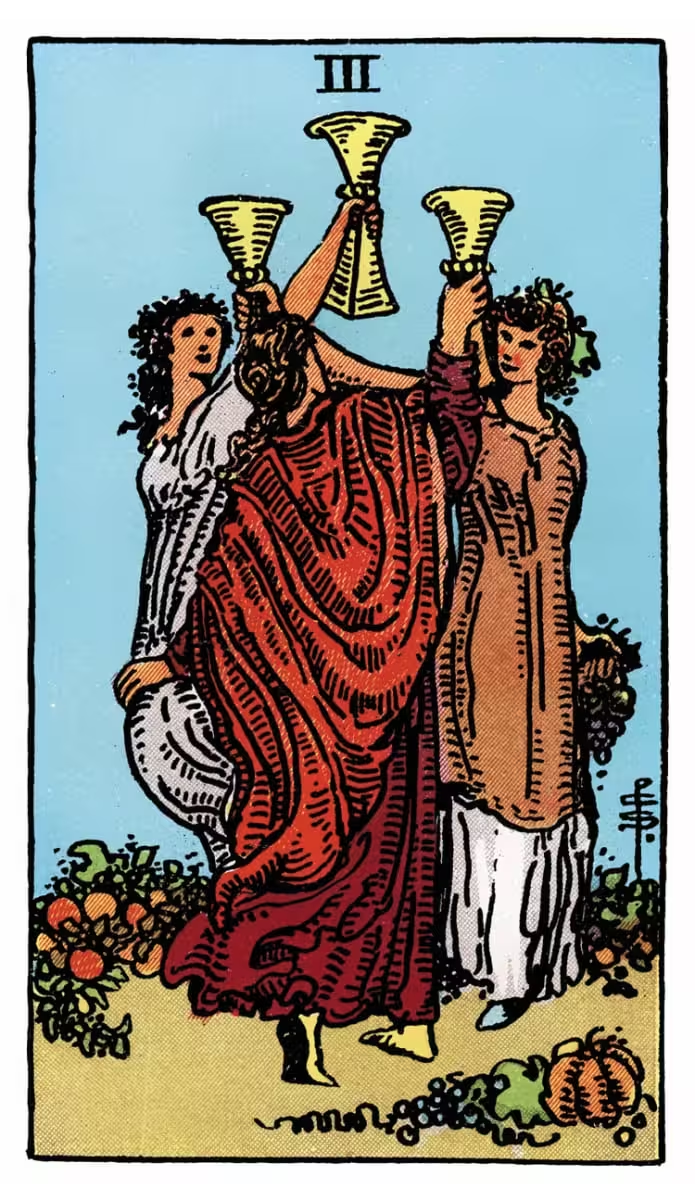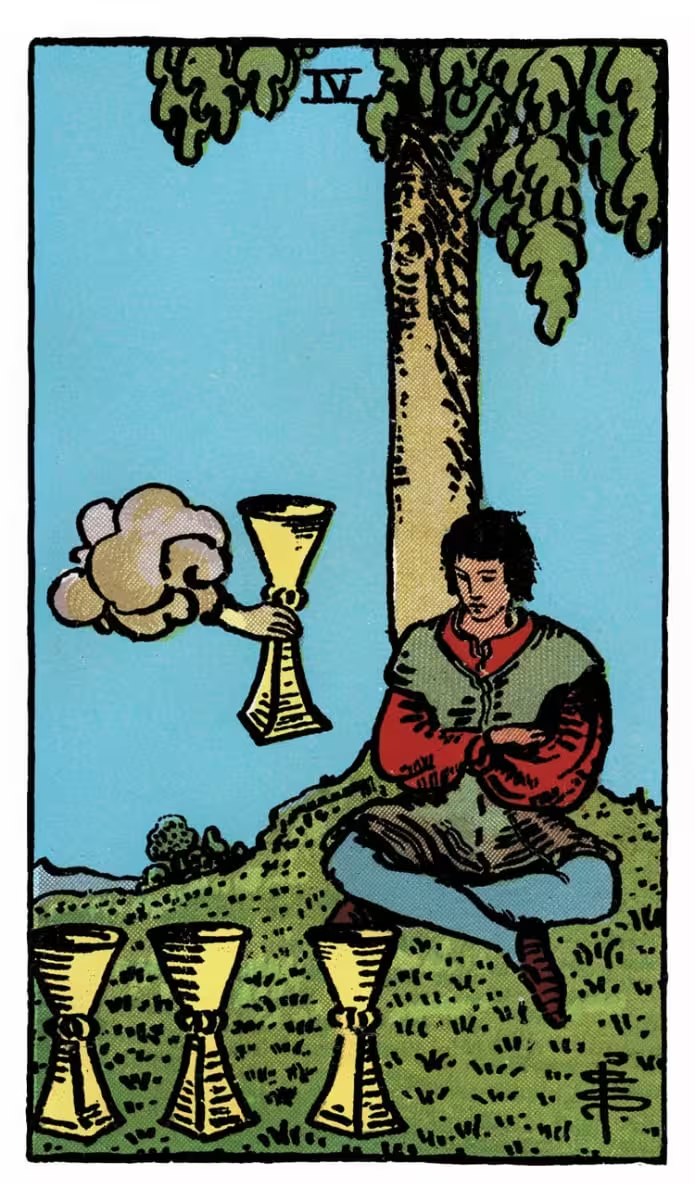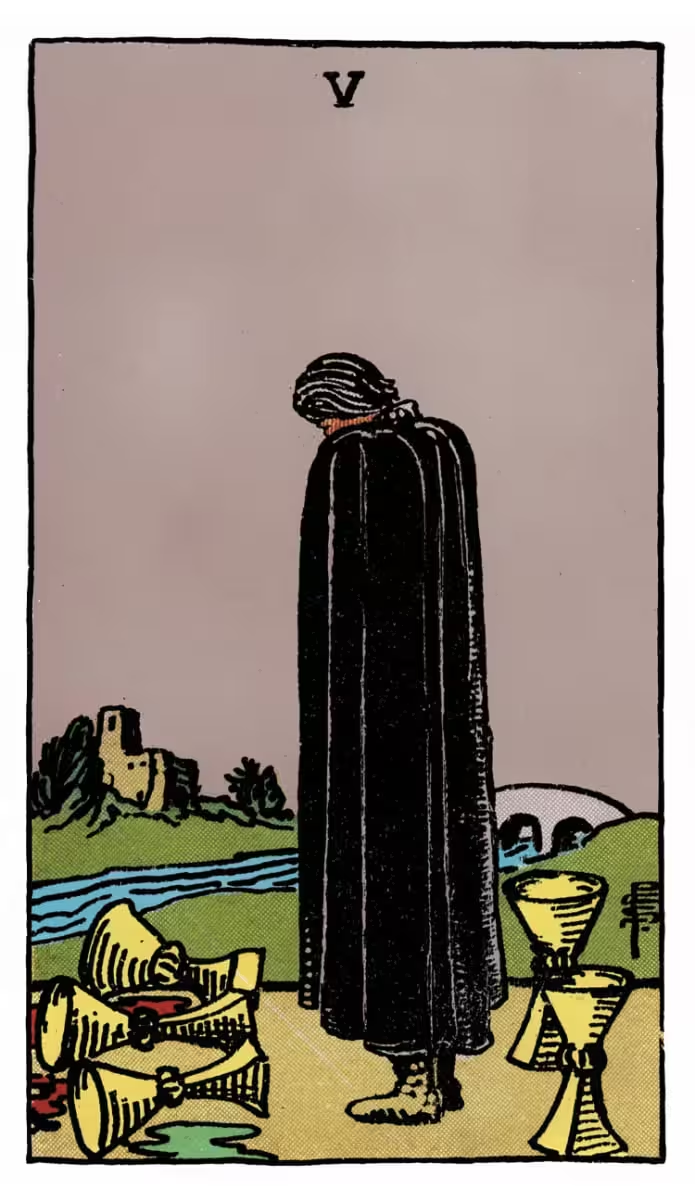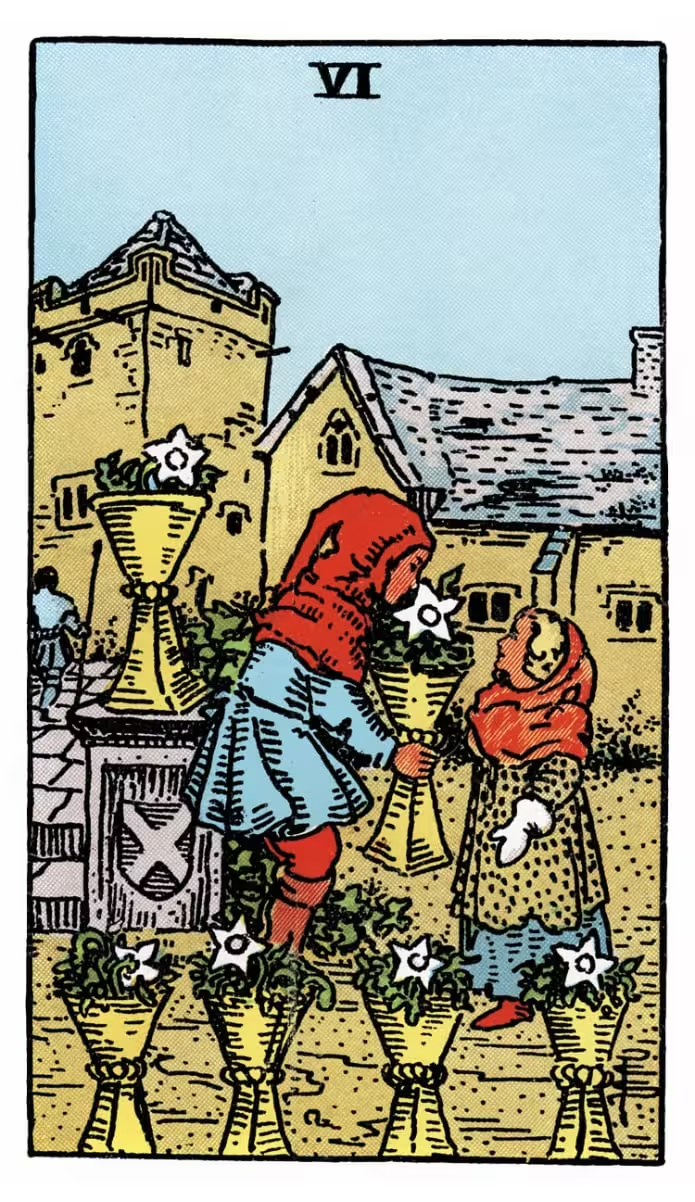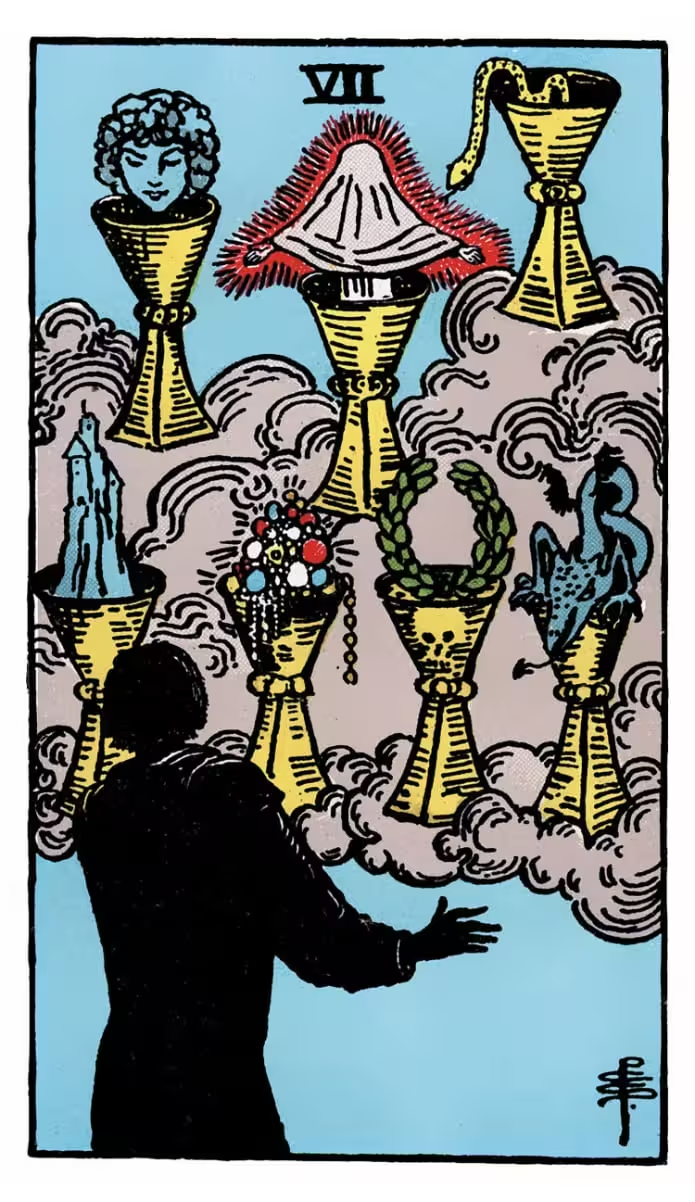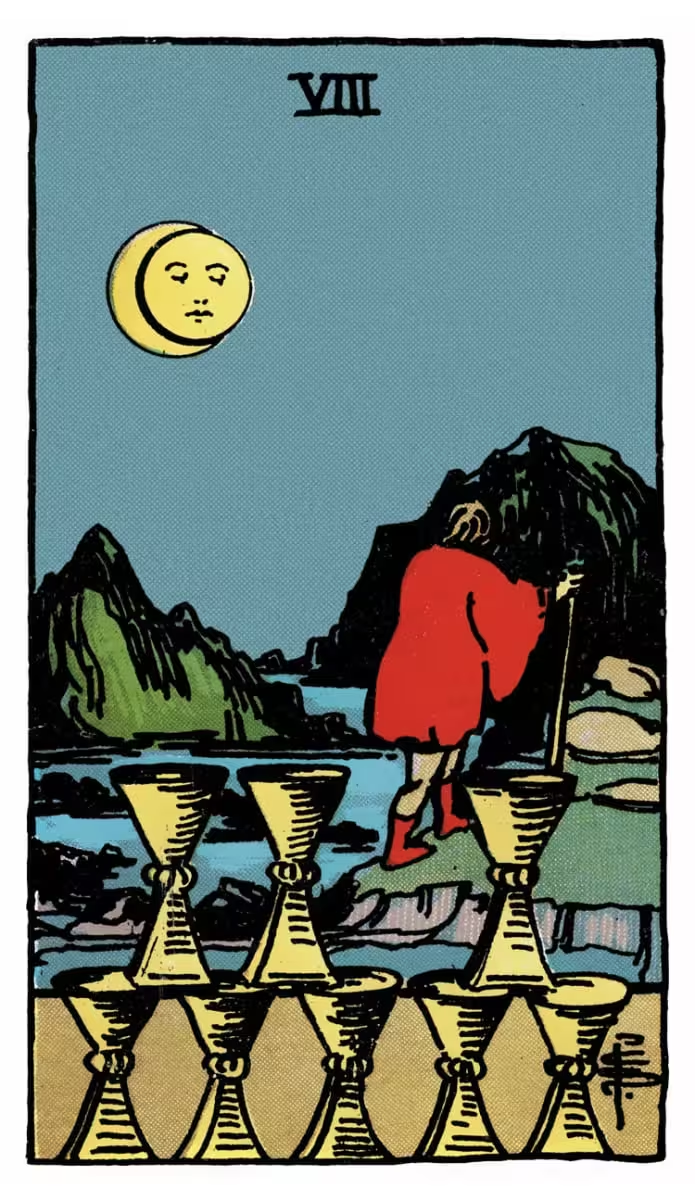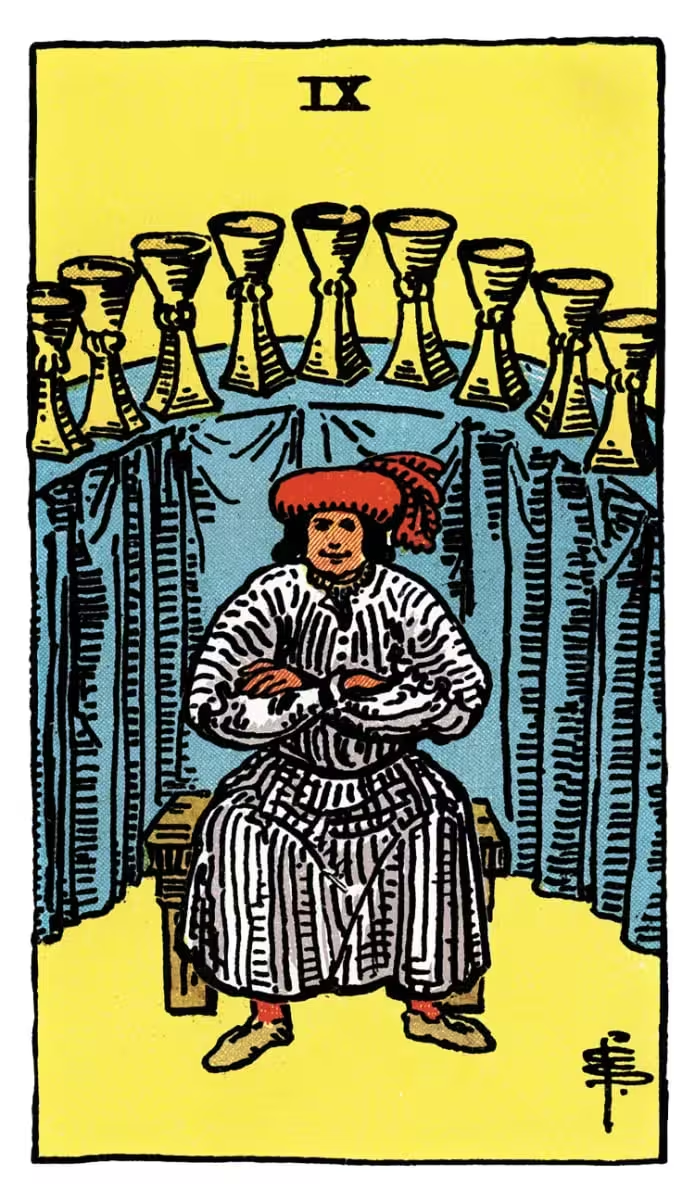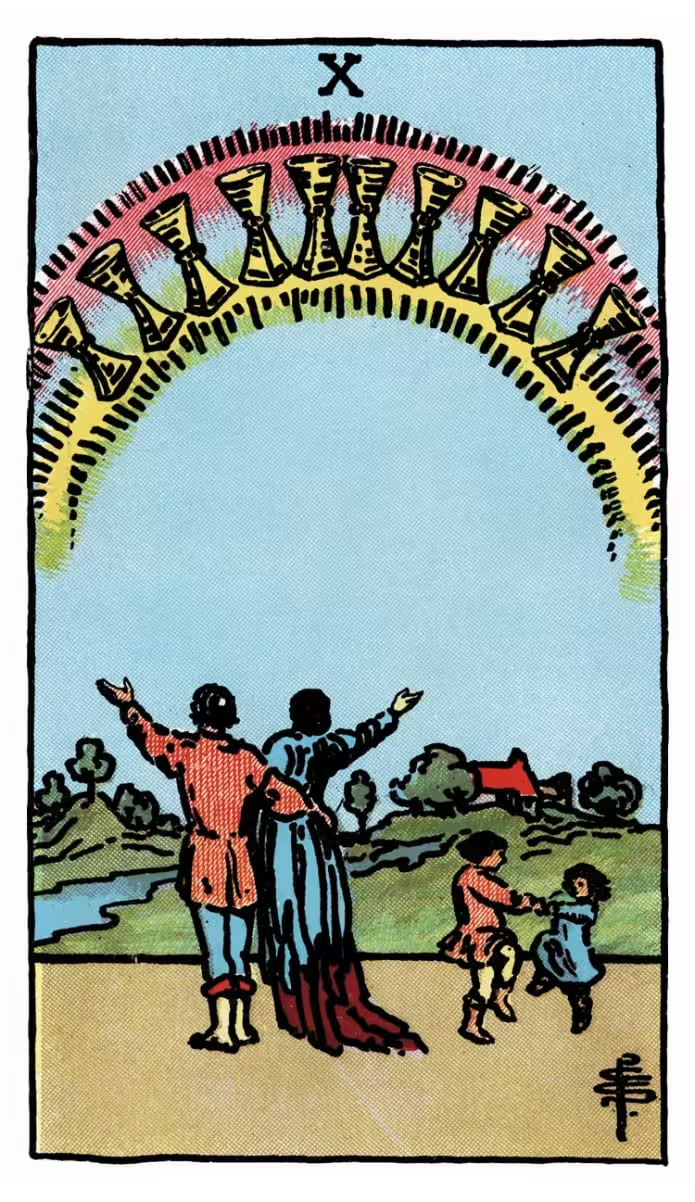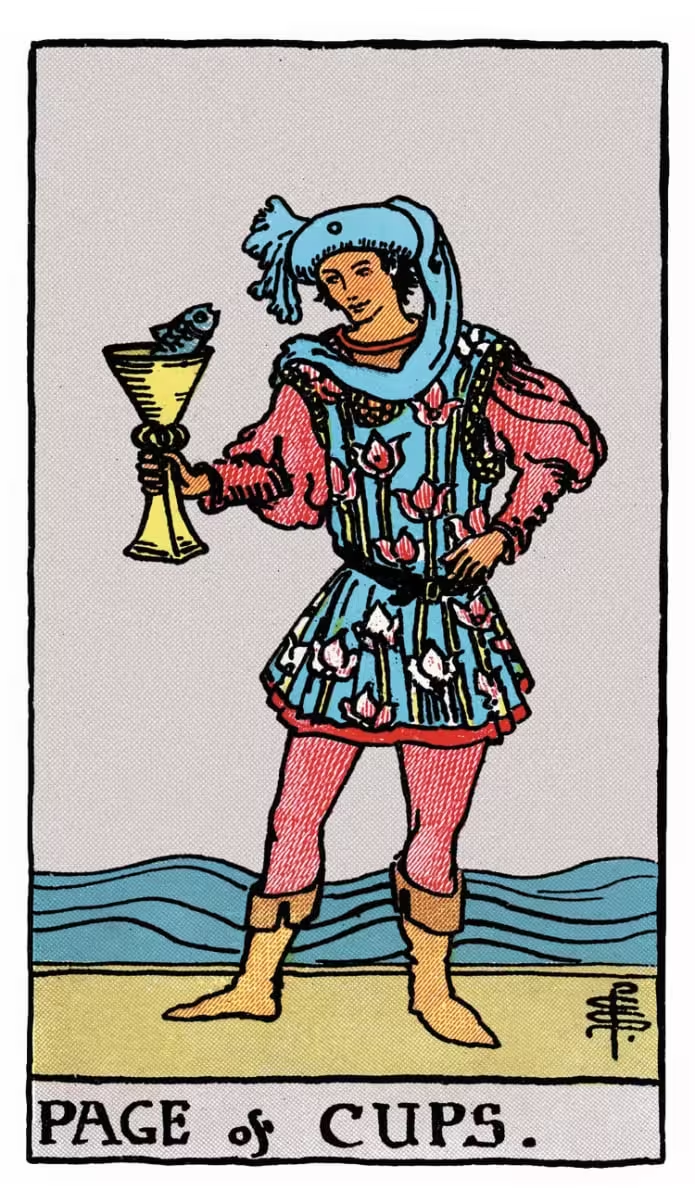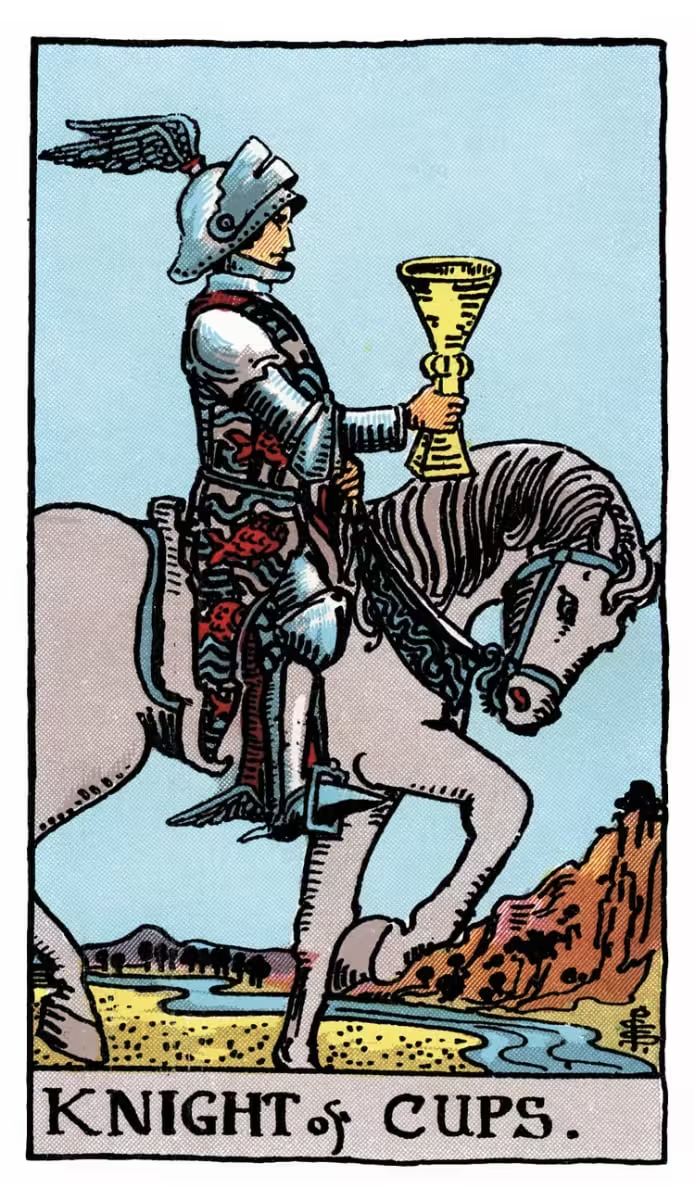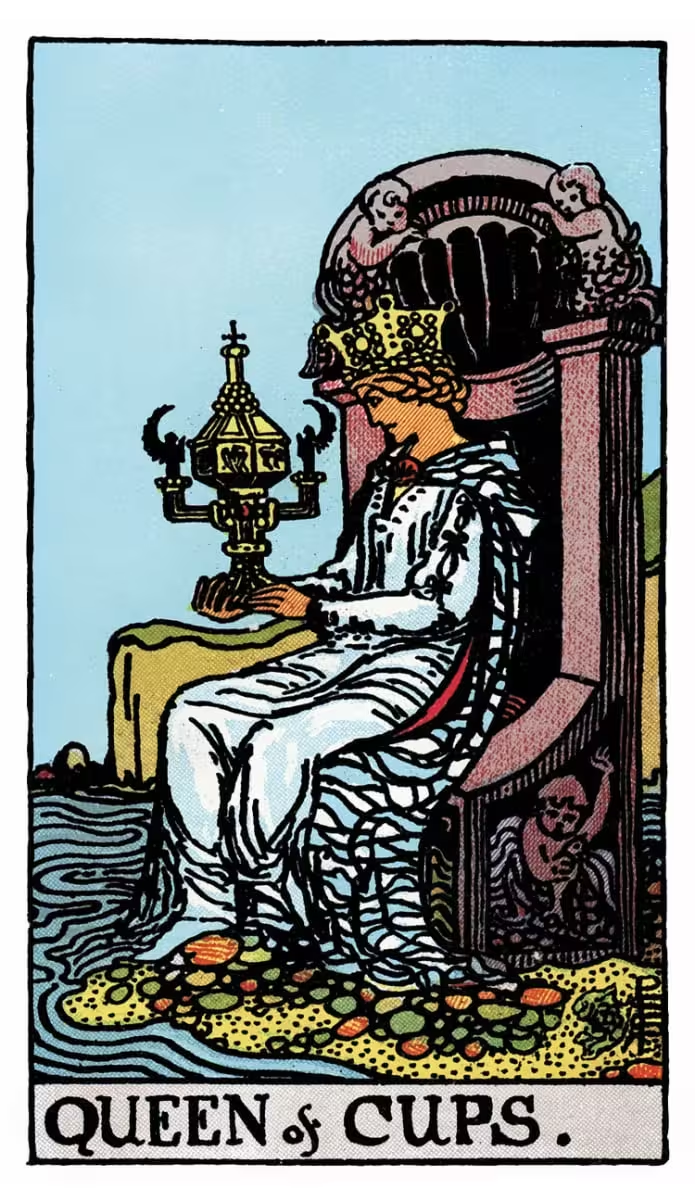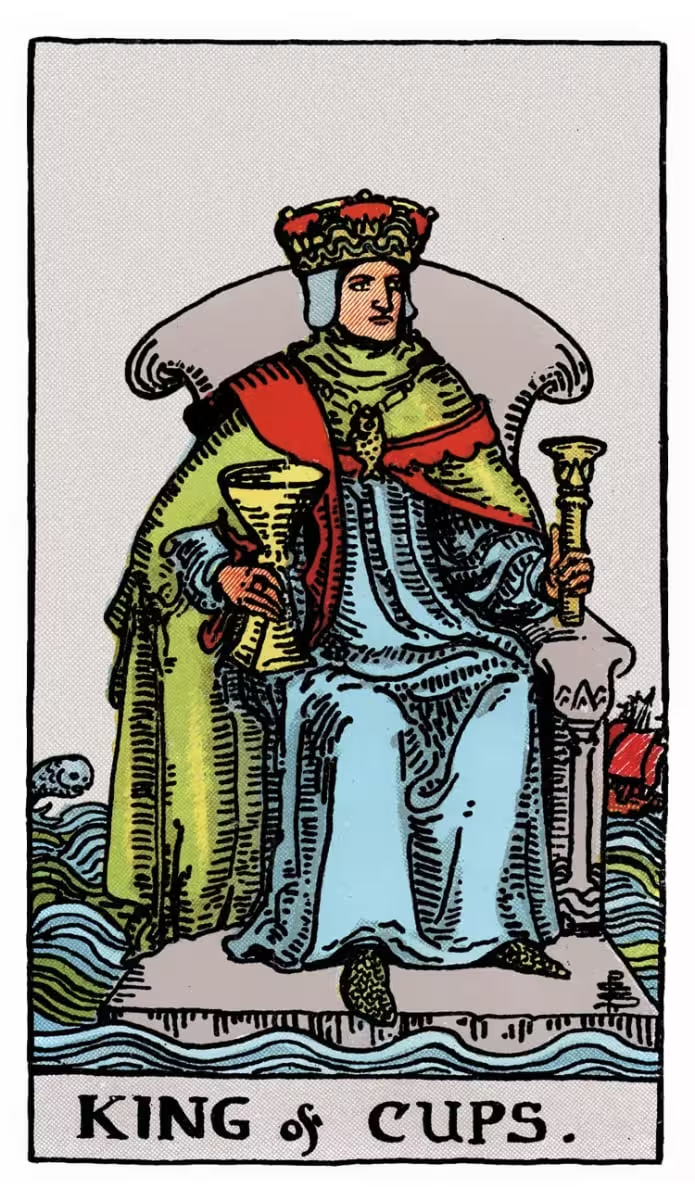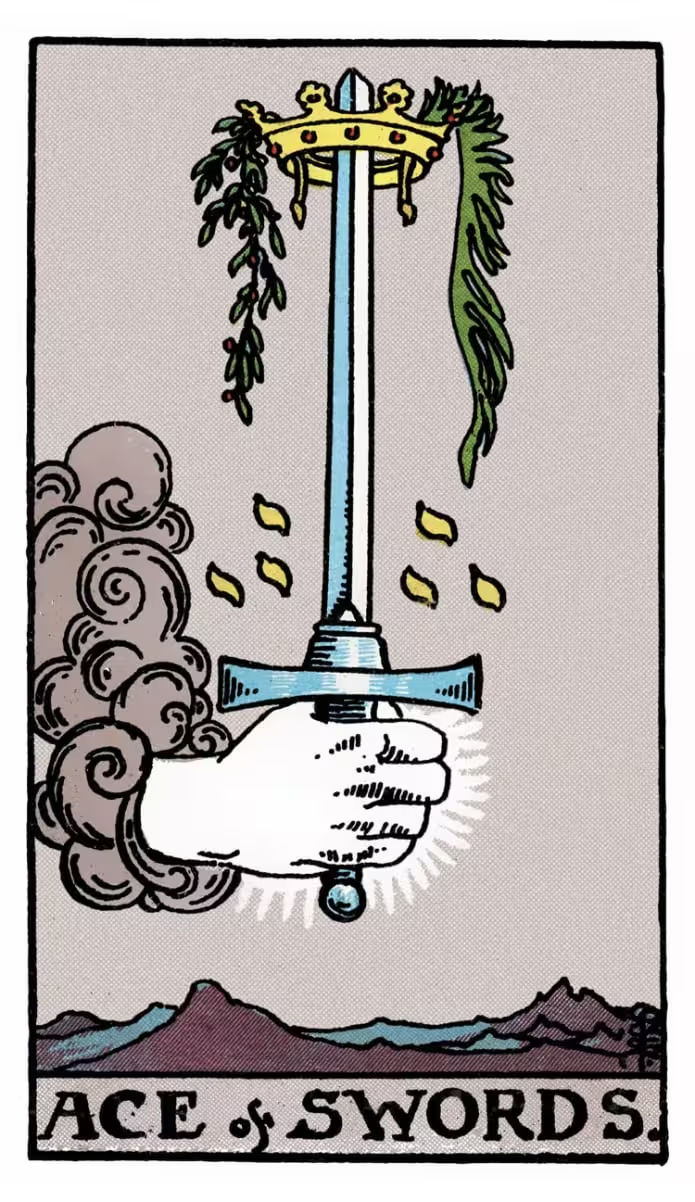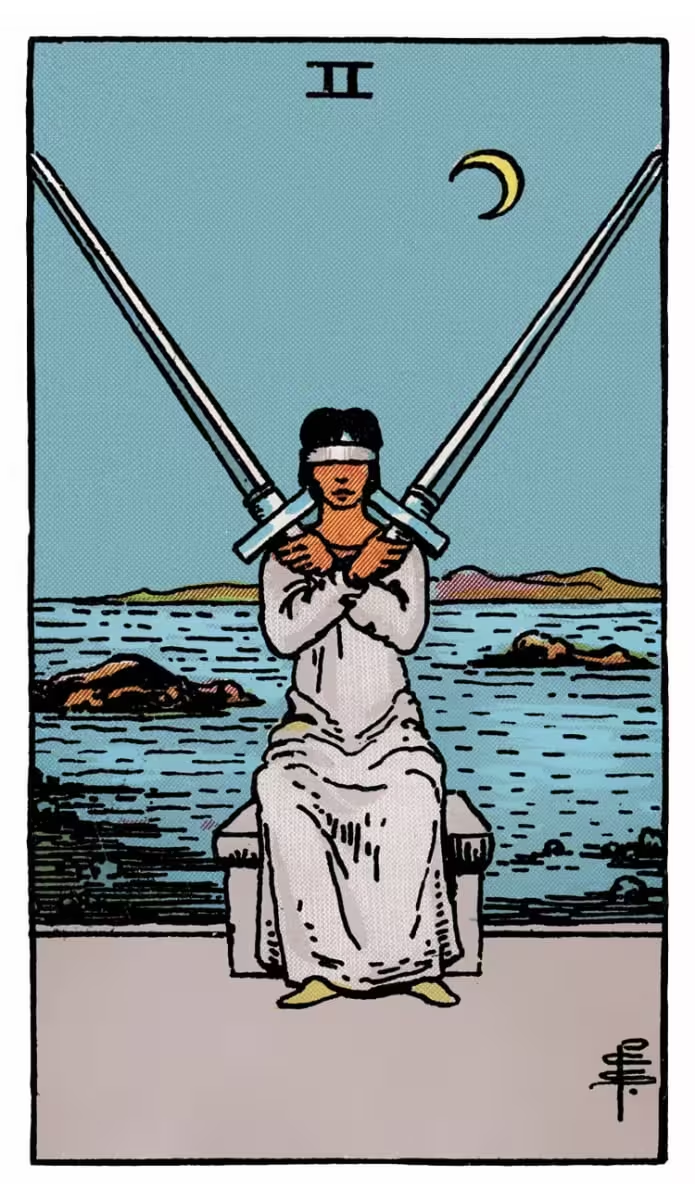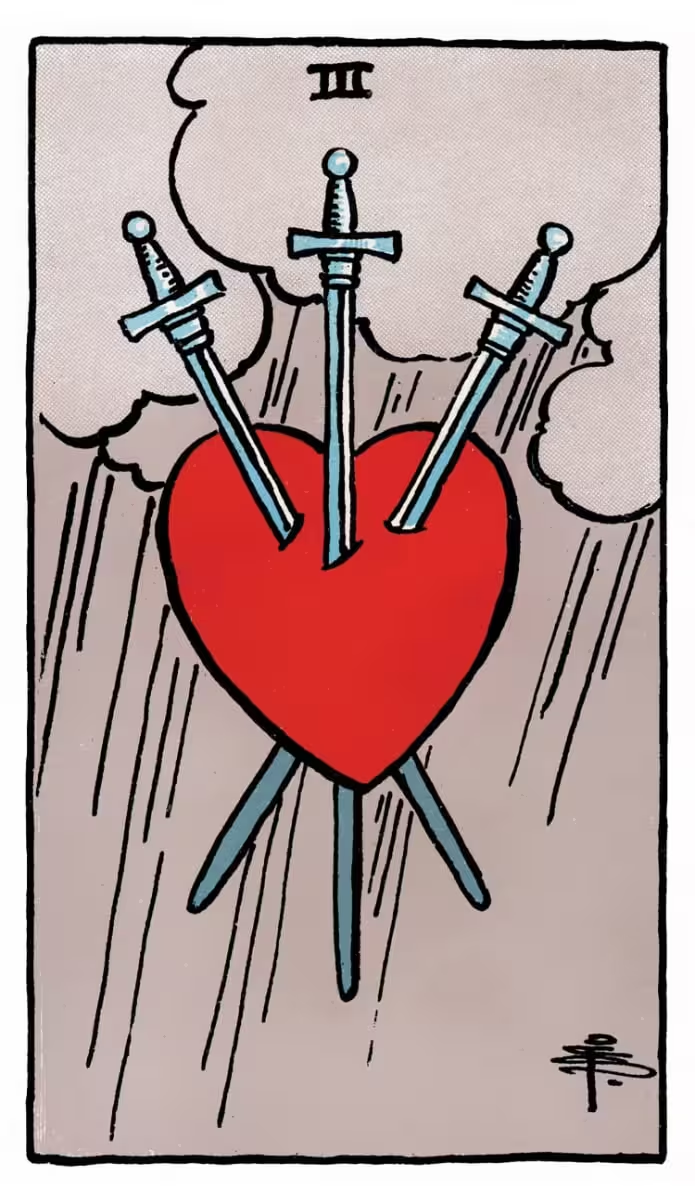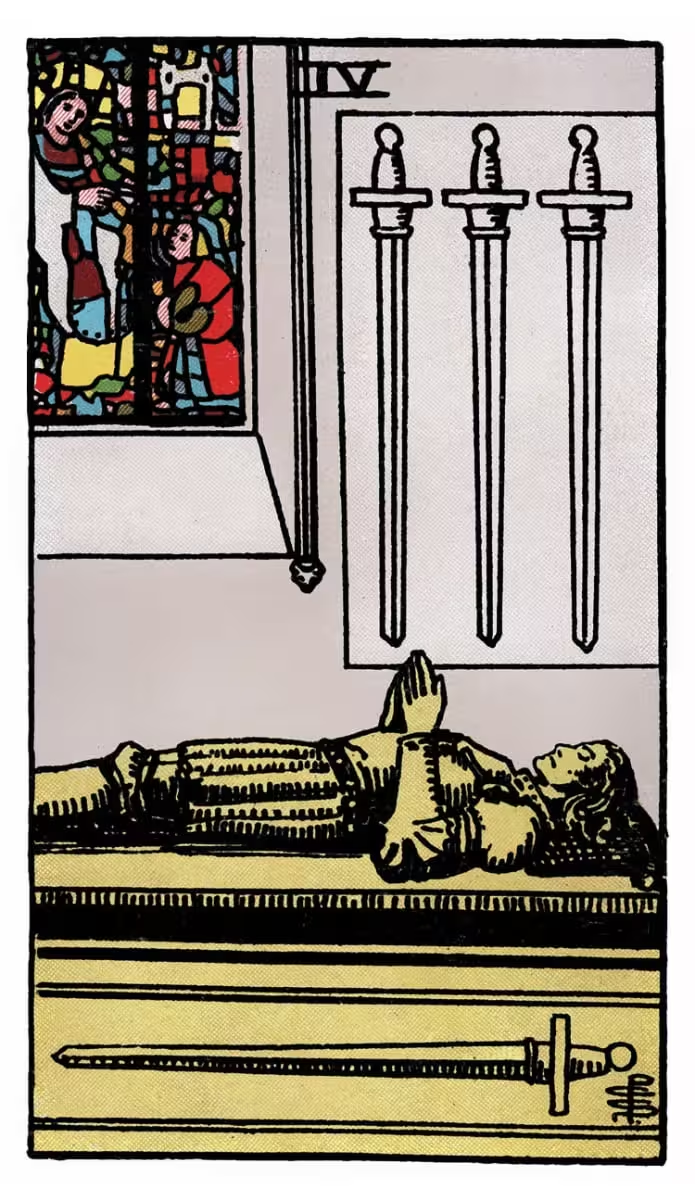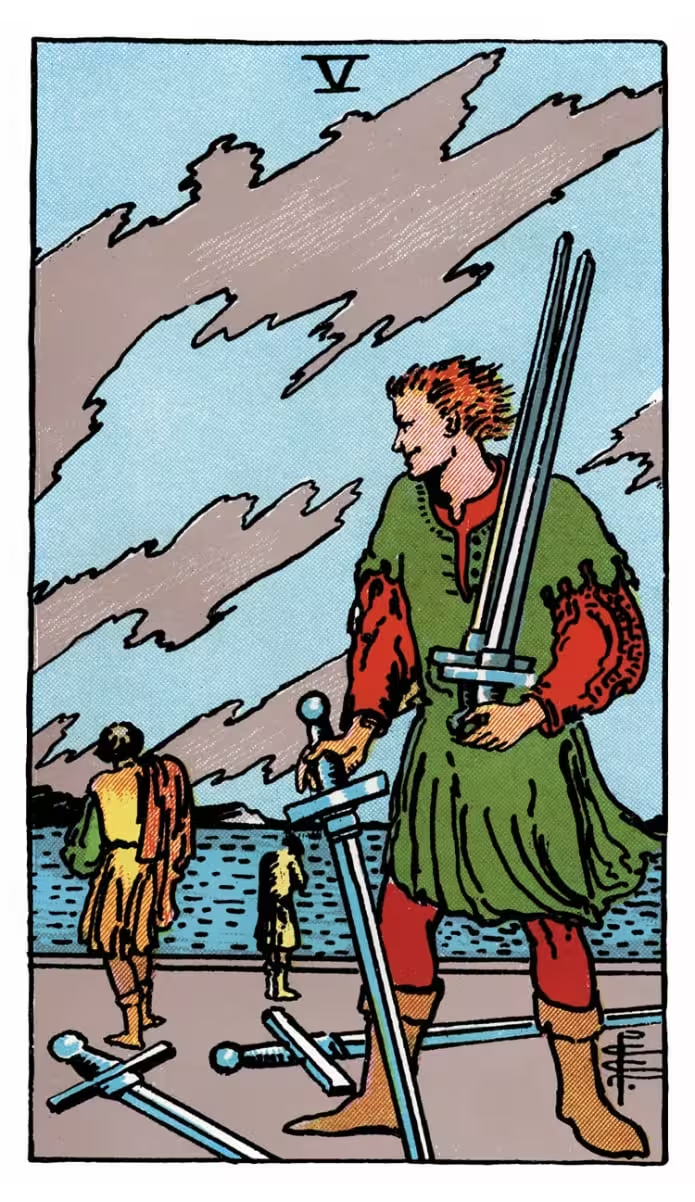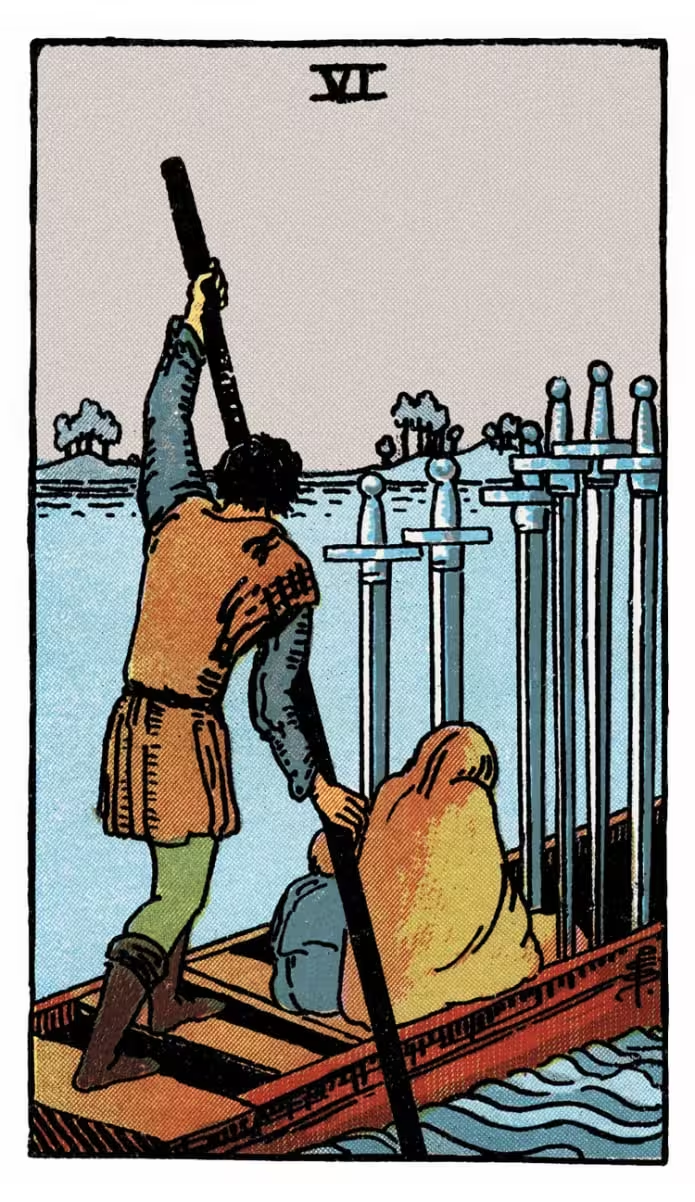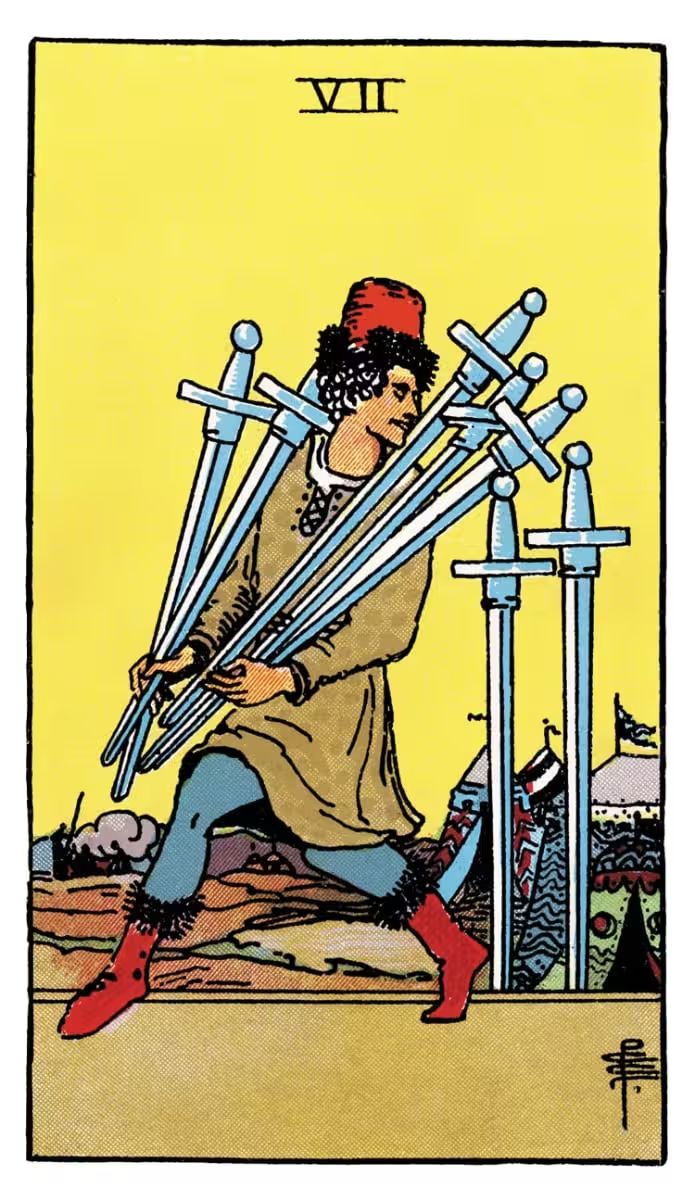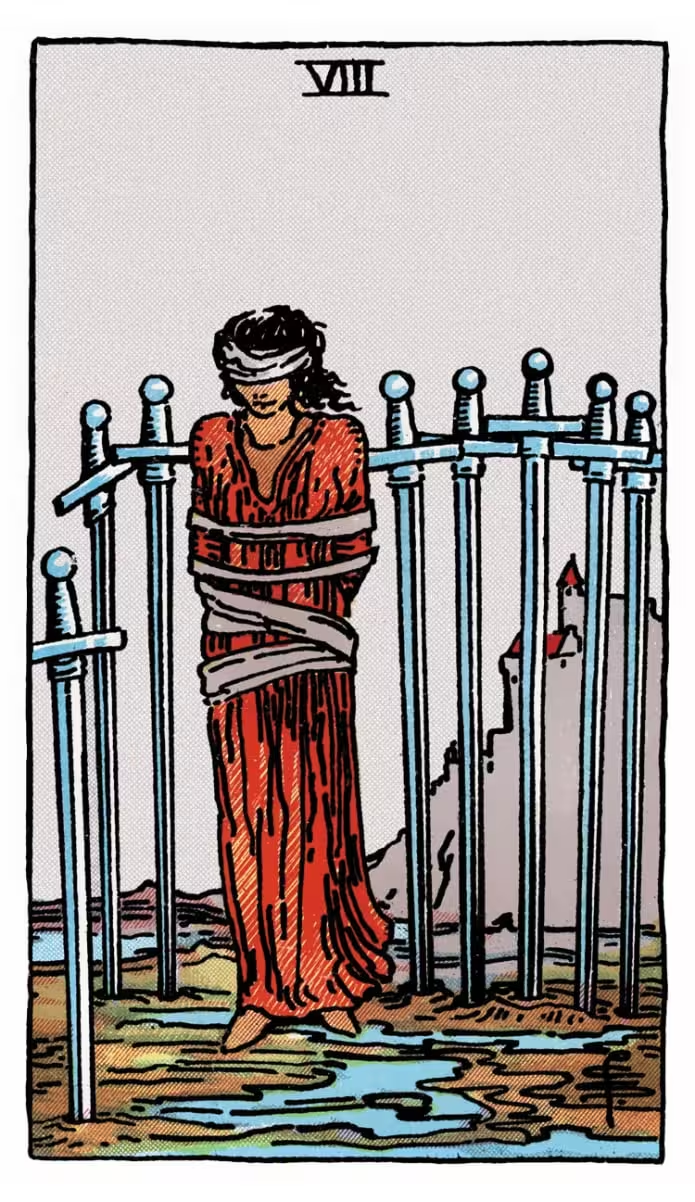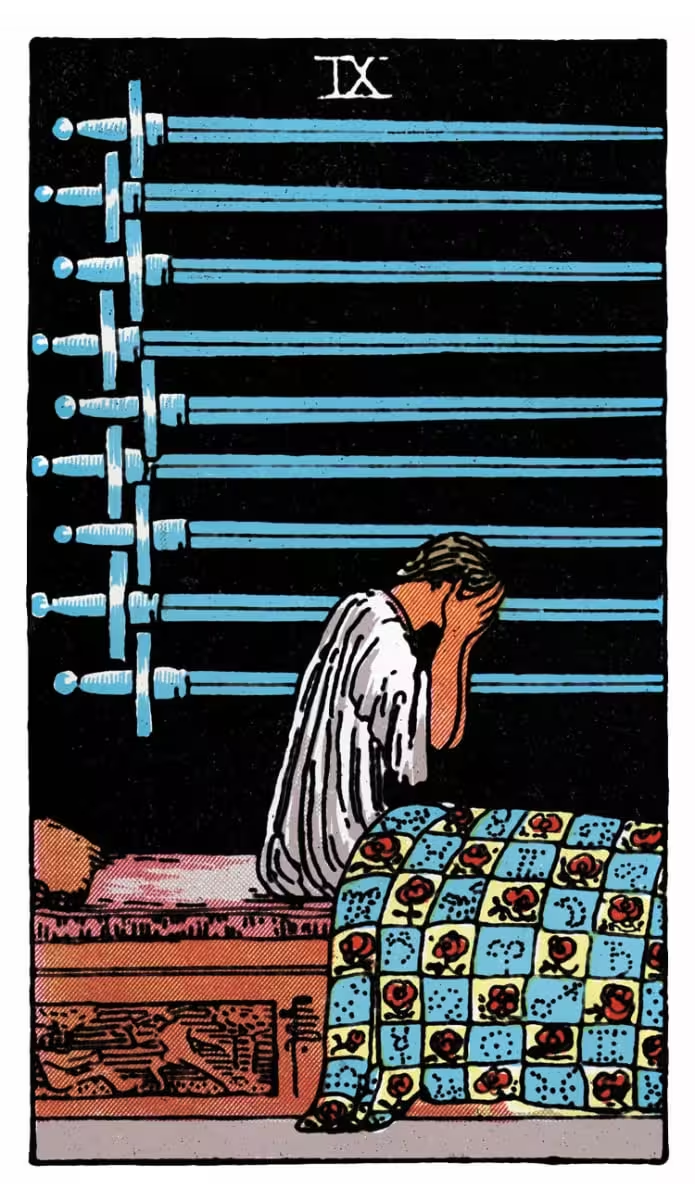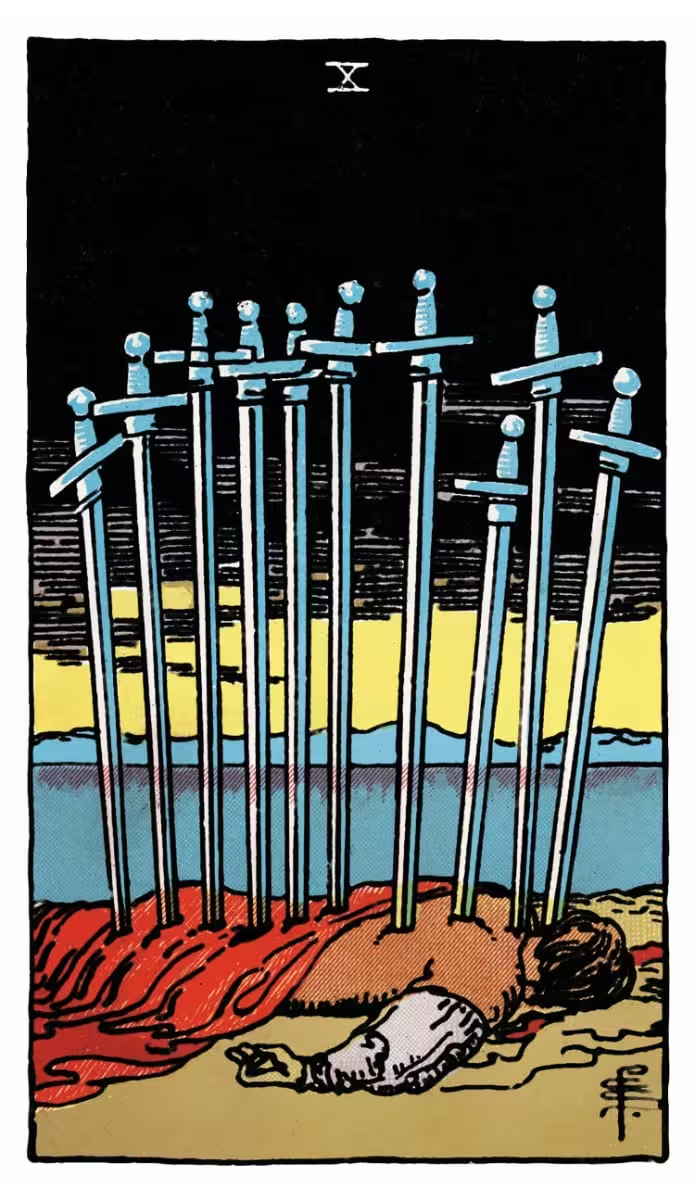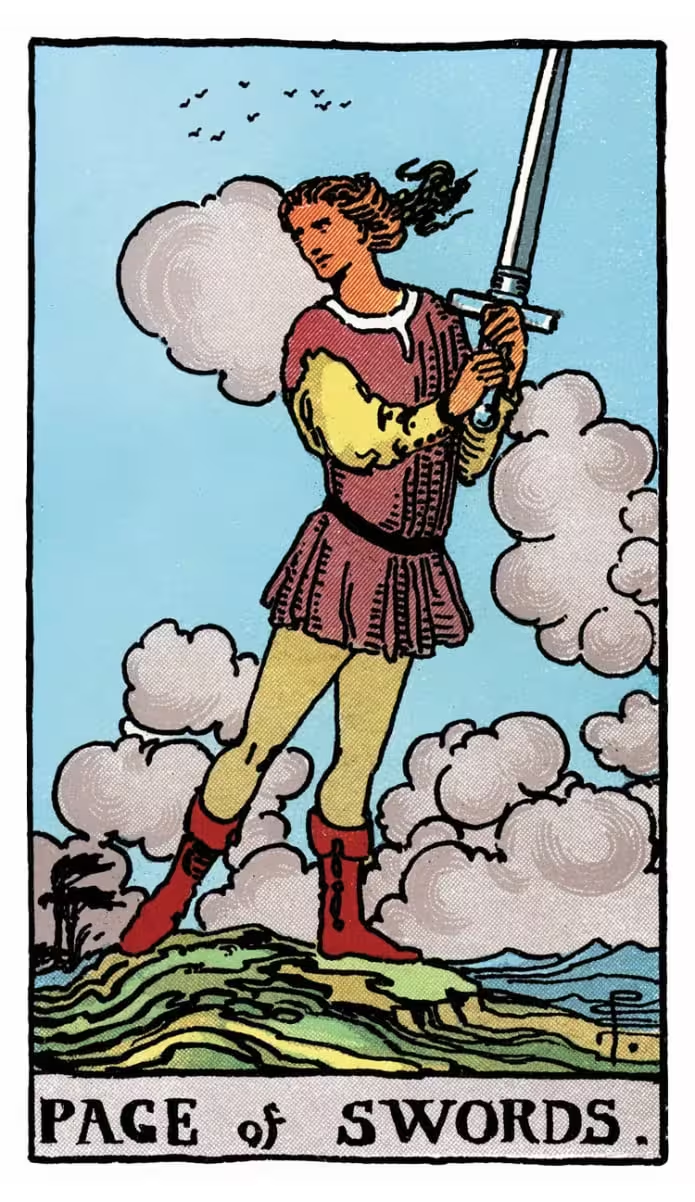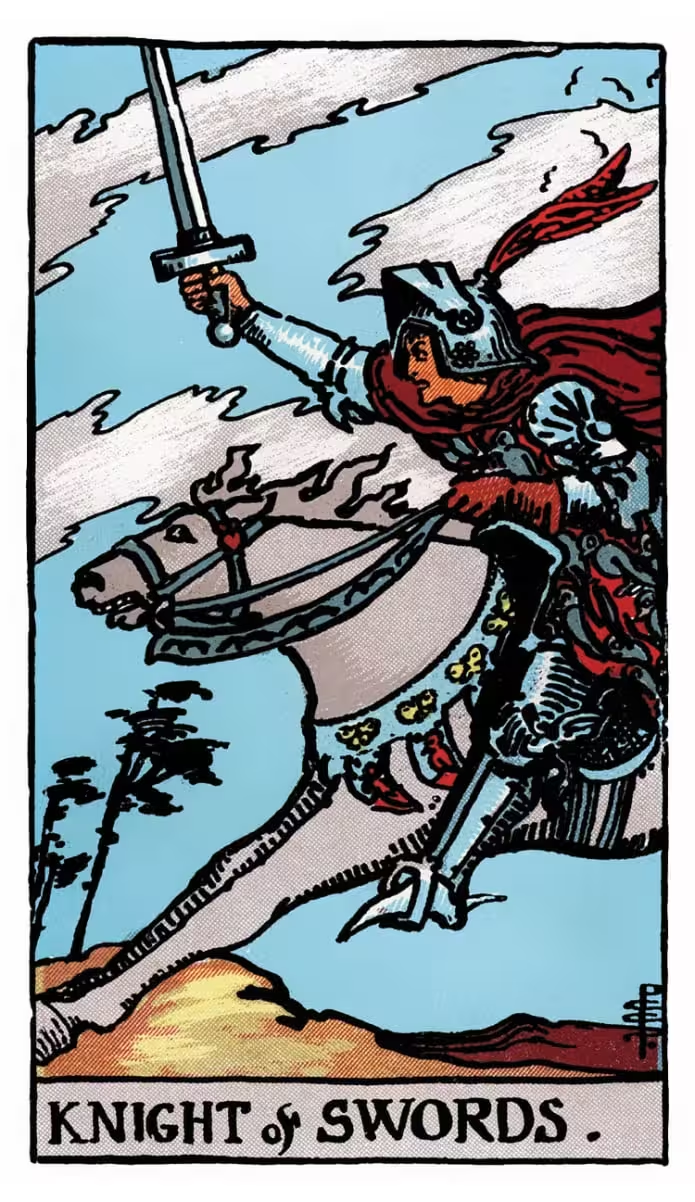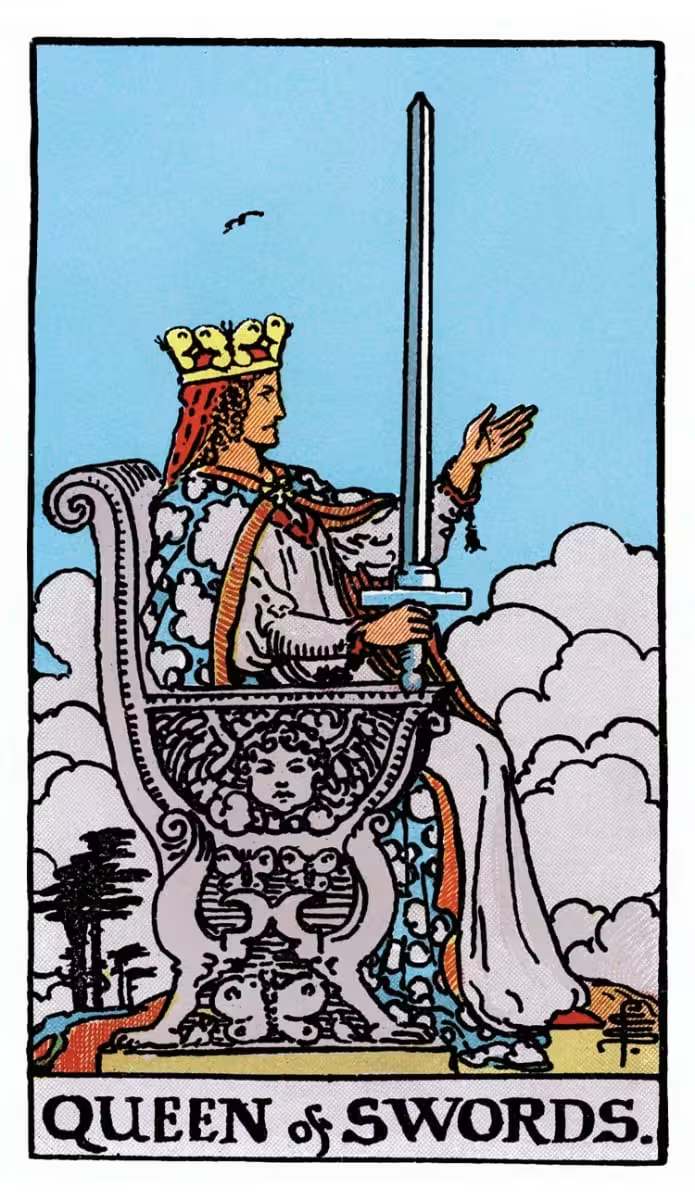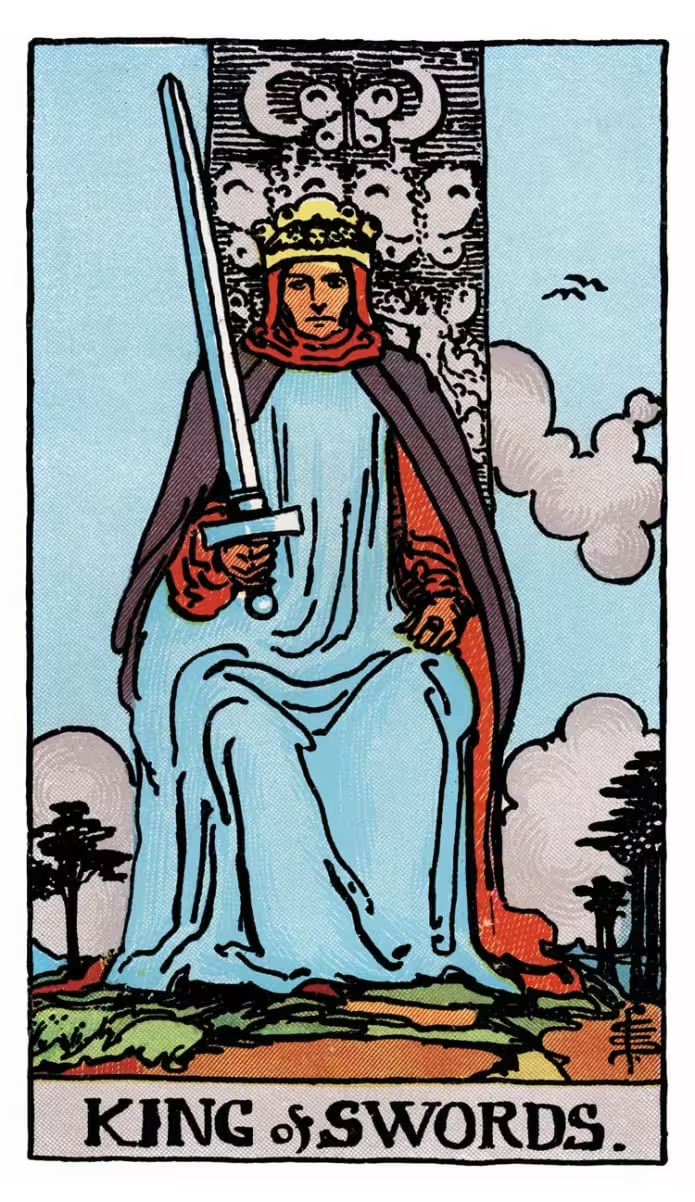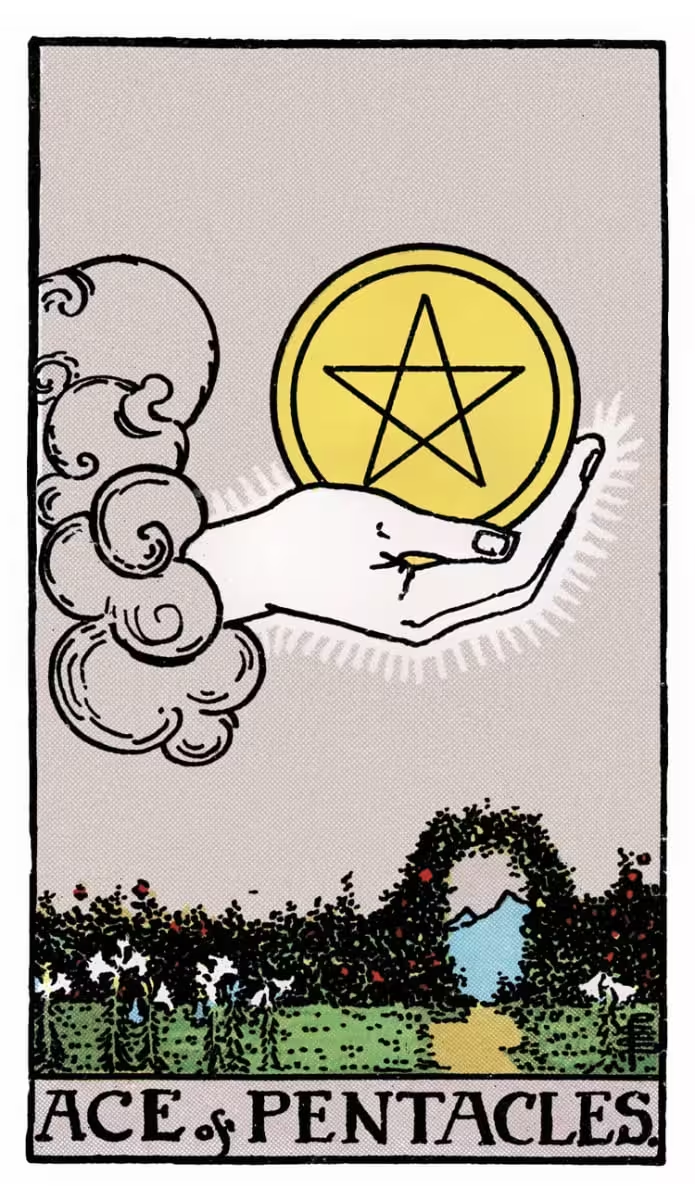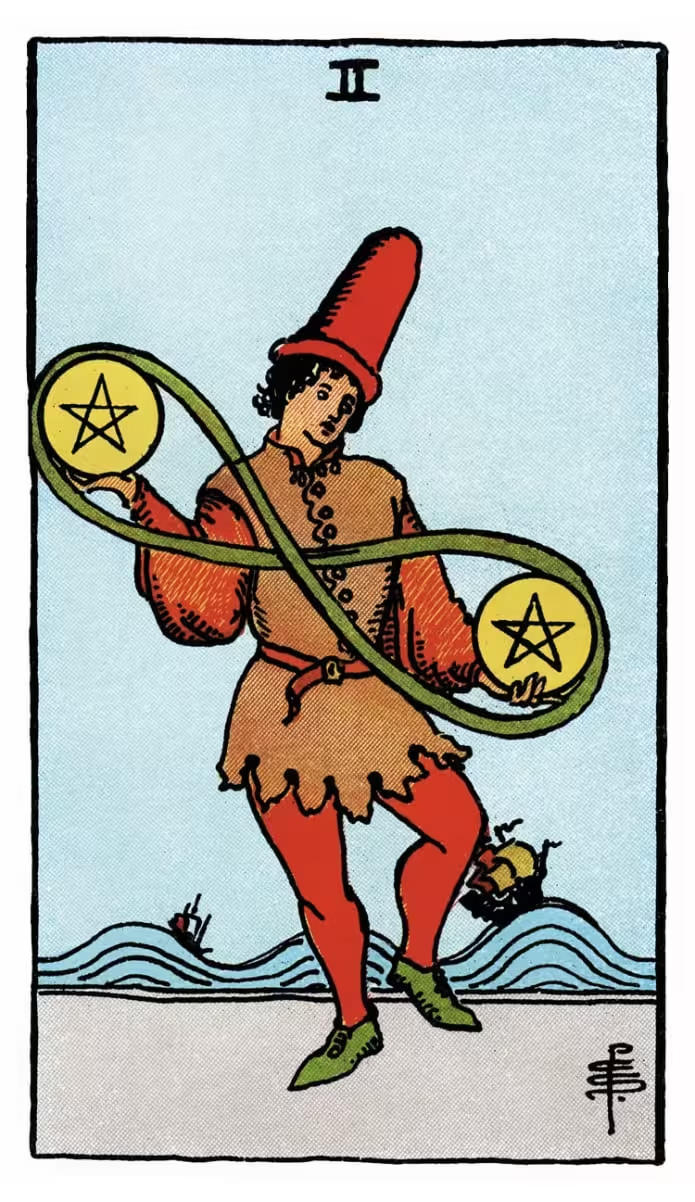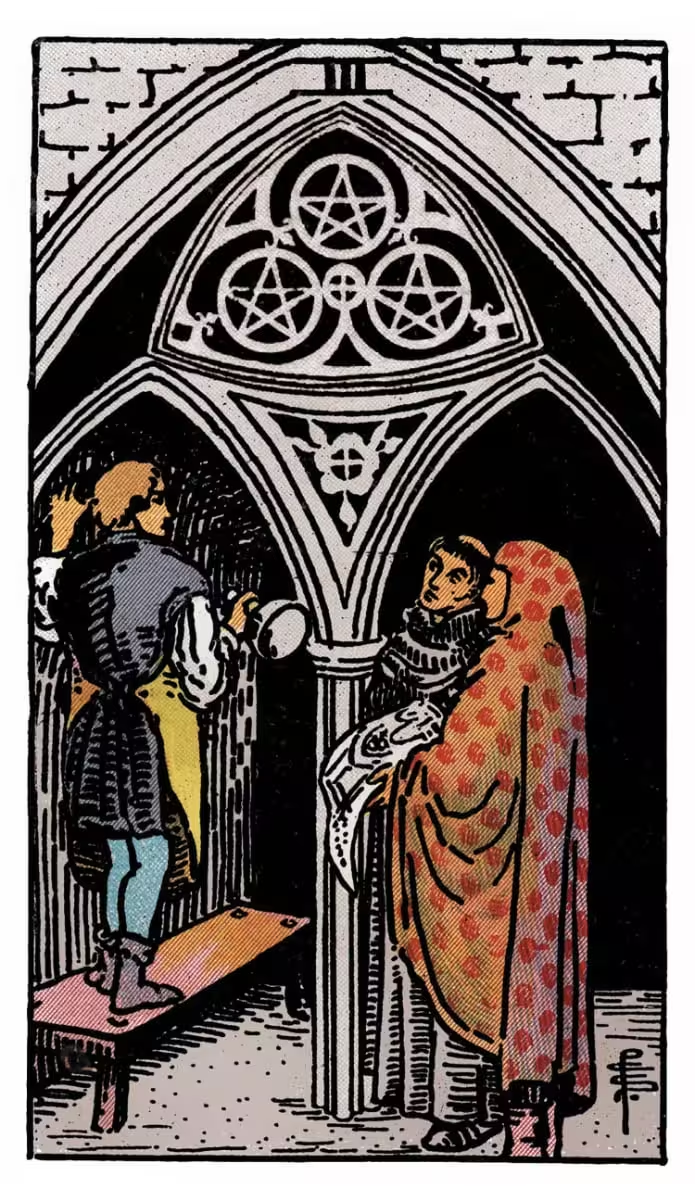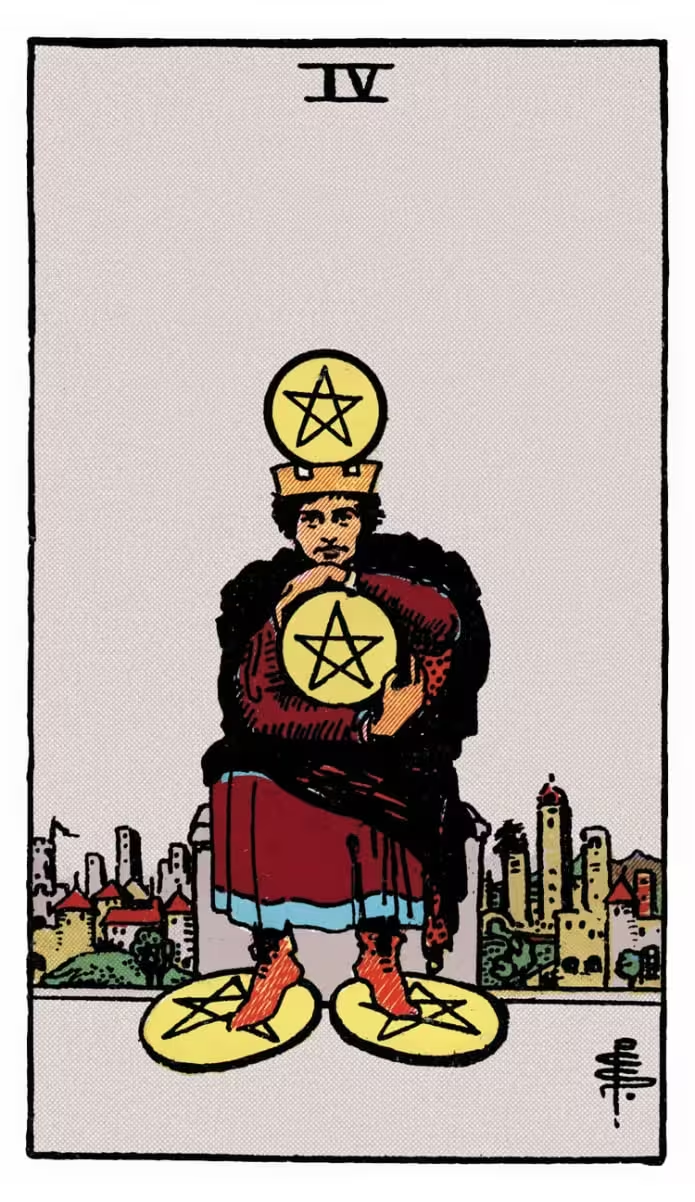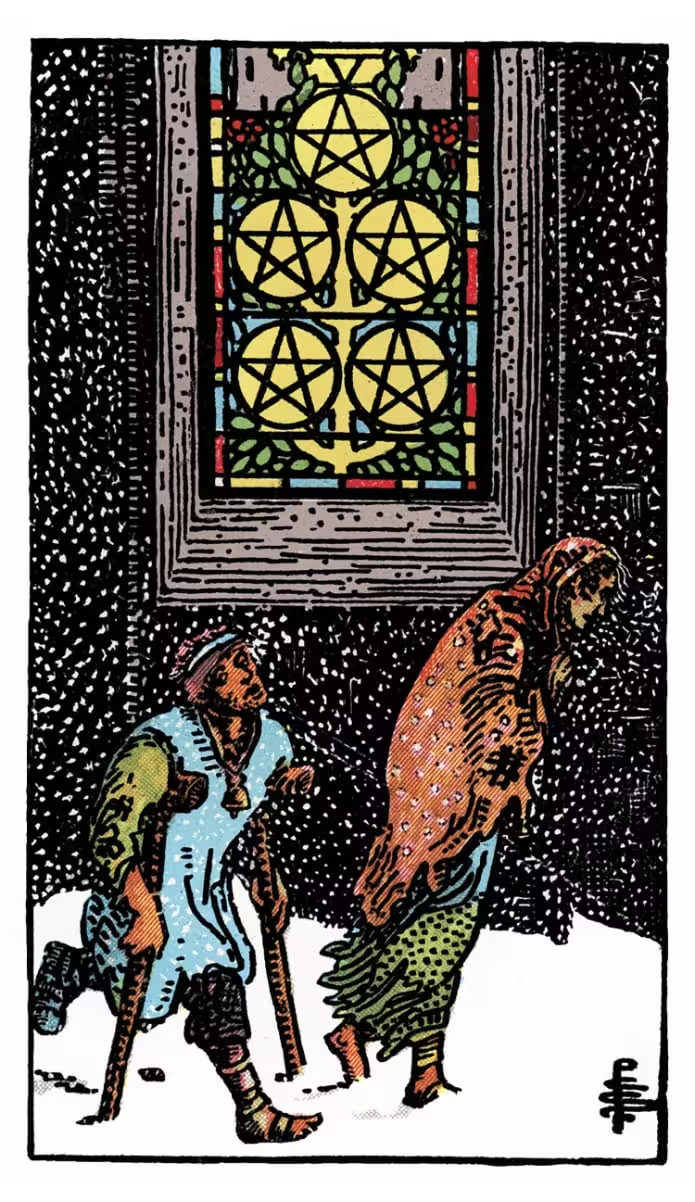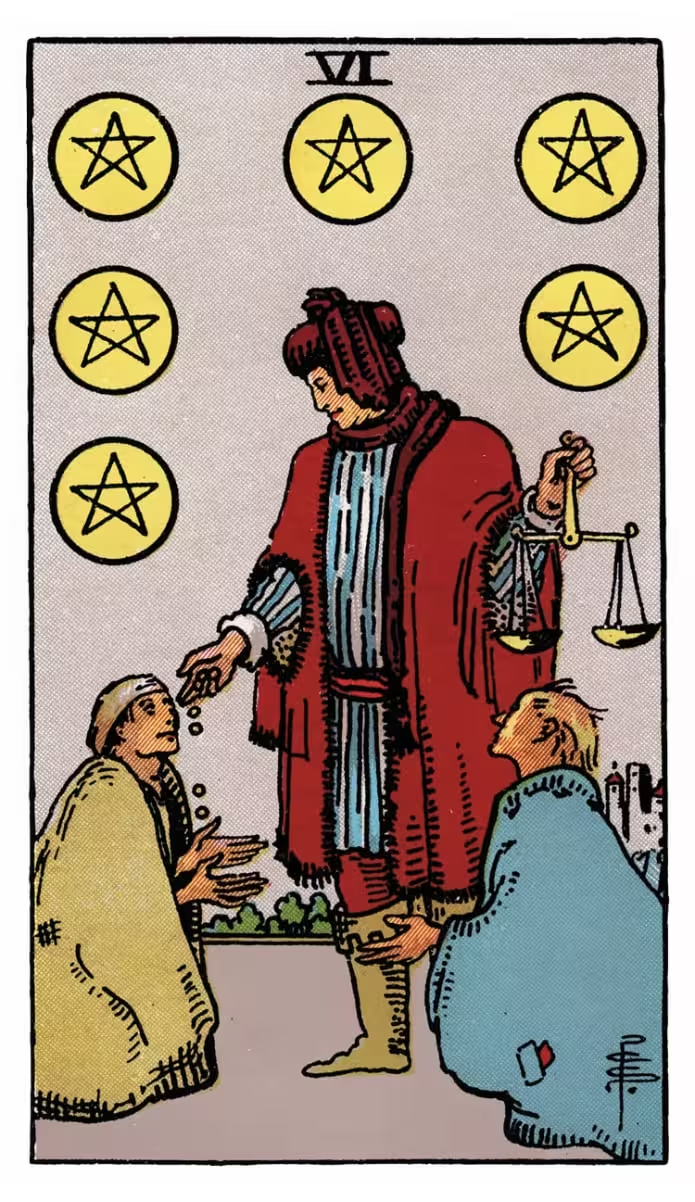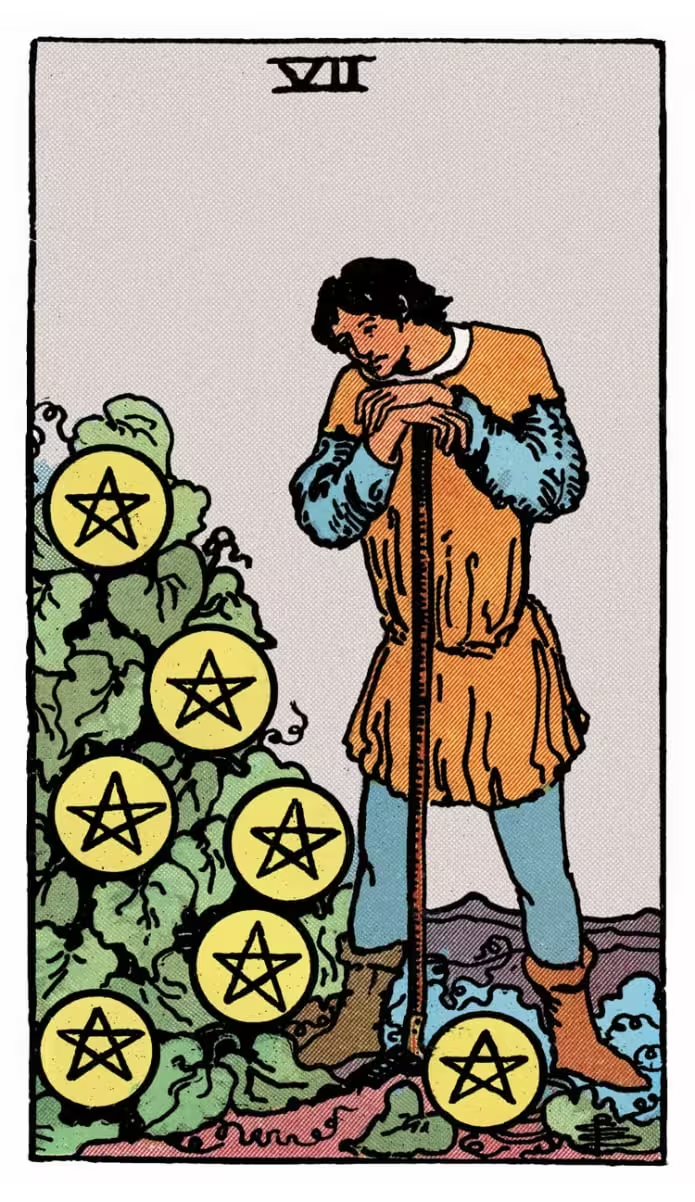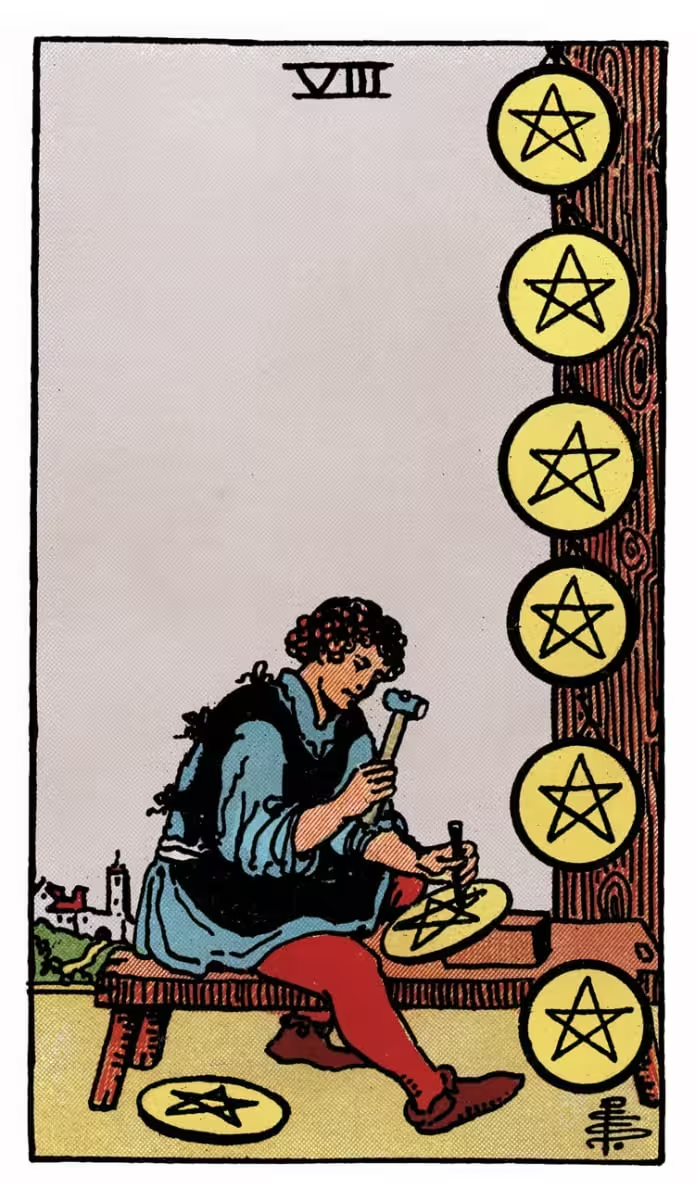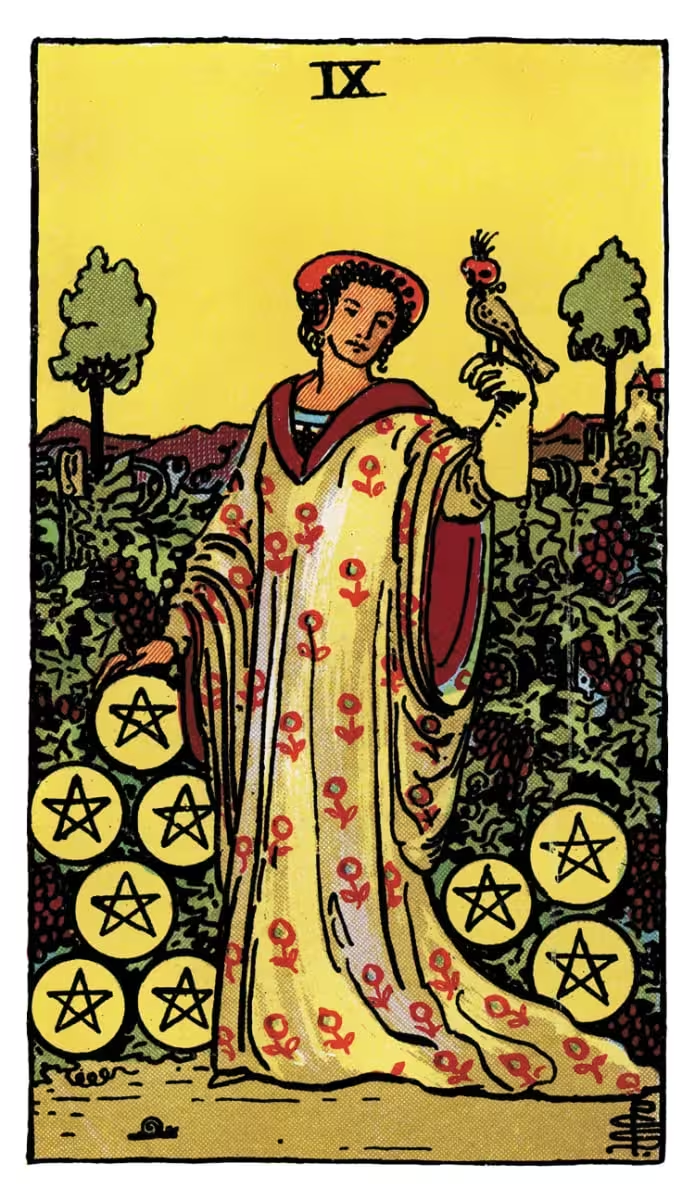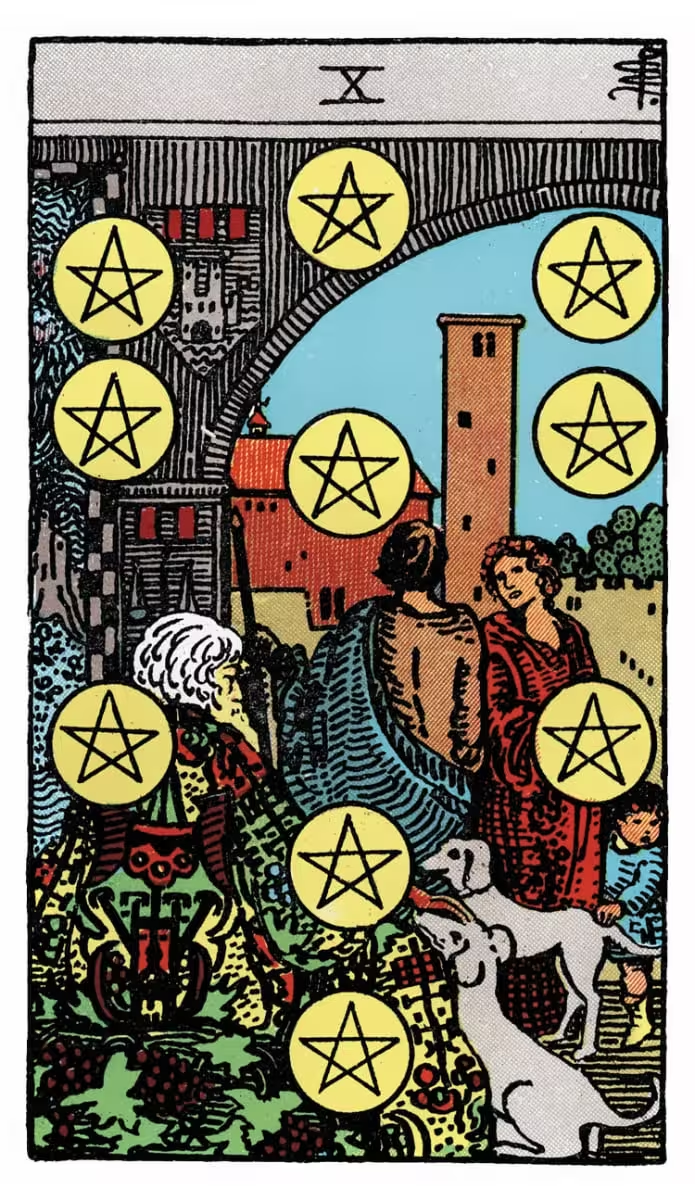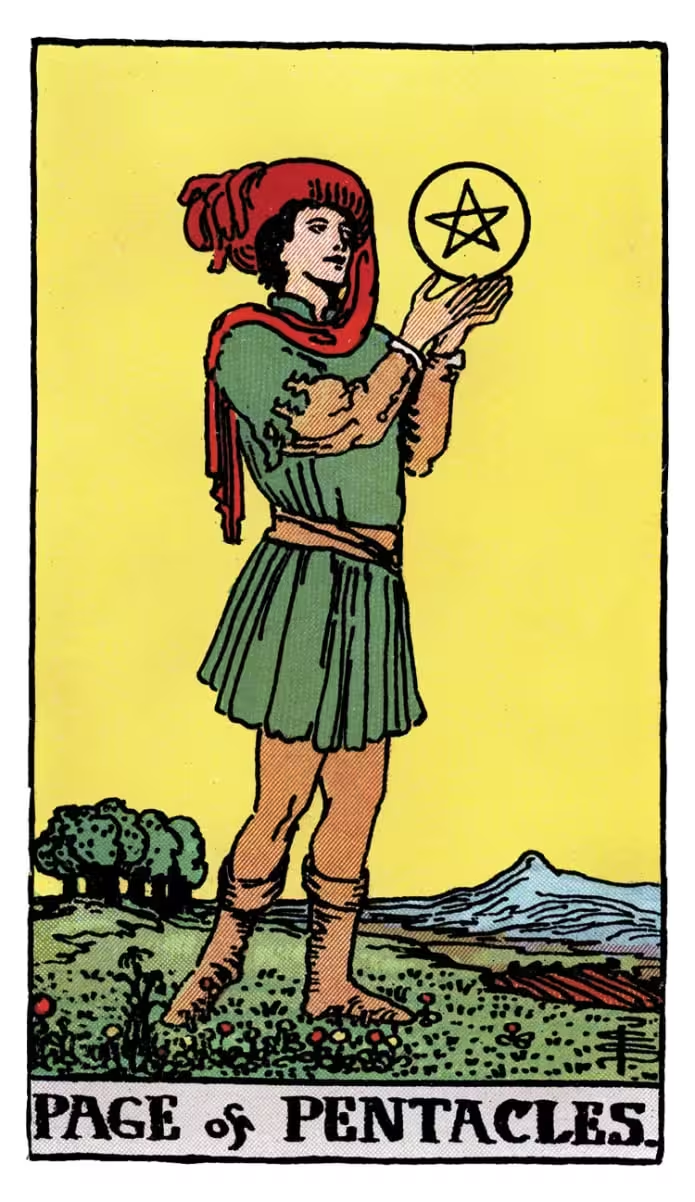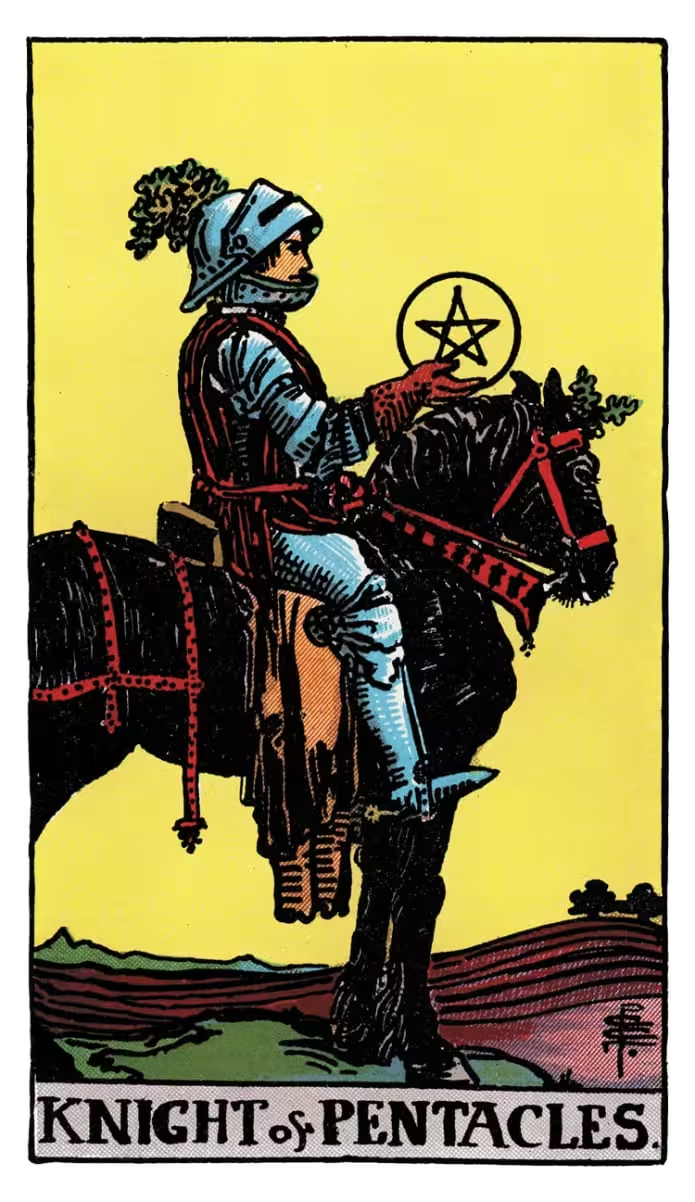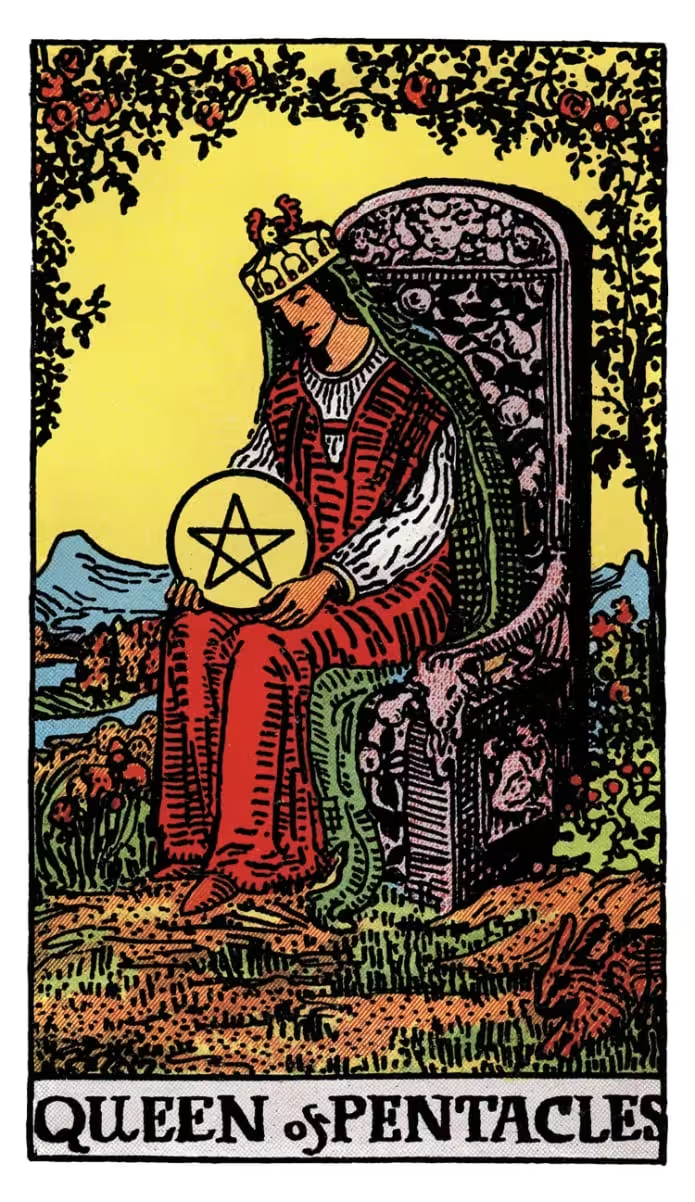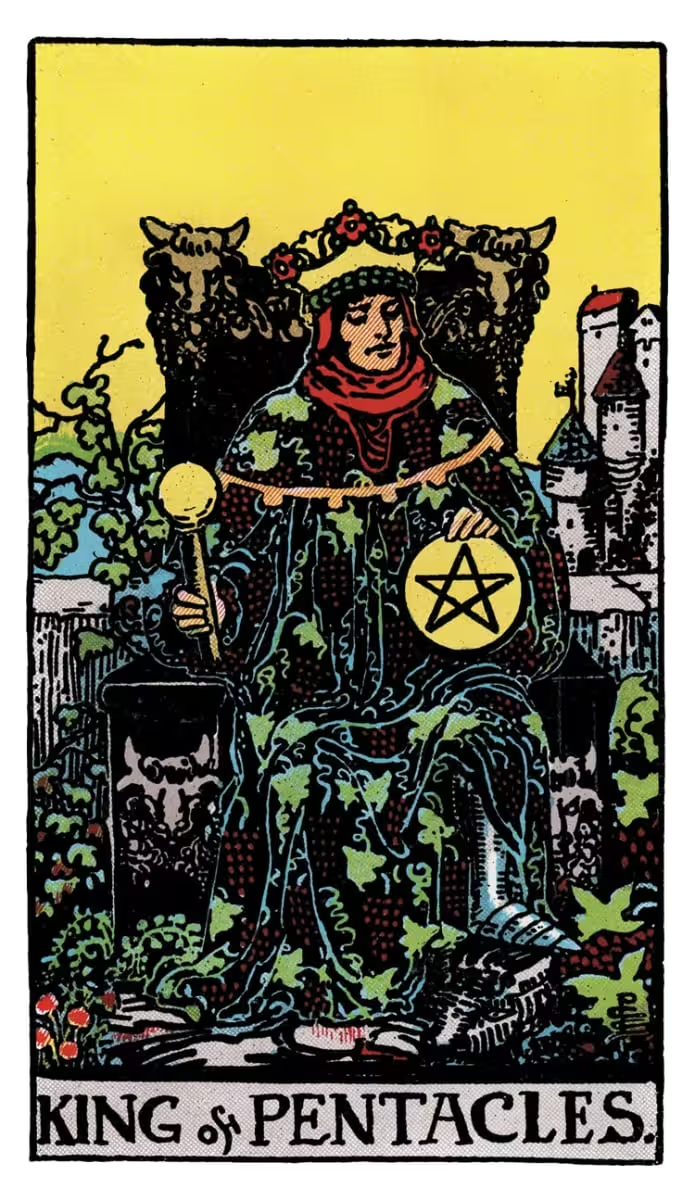Tarot Card Meanings
Tarot cards are rich with symbolism and meaning, offering guidance and insight
through their ancient wisdom. Each card tells its own story through imagery,
numbers, and elemental associations.
Whether you're a beginner or experienced reader, understanding the core meanings of tarot
cards can deepen your practice and interpretation. Each suit in the Minor Arcana corresponds
to different aspects of life, while the Major Arcana represents life's bigger themes
and spiritual lessons.
Explore our comprehensive guide to discover the traditional and modern interpretations
of all 78 cards in the tarot deck, including upright and reversed meanings, symbolism,
and practical applications for readings.
Major Arcana
The Major Arcana is a set of 22 cards in the Tarot that represents profound life lessons, significant turning points, and deep spiritual archetypes. These cards reflect the journey of the soul capturing themes of growth, transformation, and universal truths. Each card symbolizes pivotal moments in life, guiding seekers through challenges, opportunities, and self-discovery on their path to enlightenment.
Minor Arcana
The Minor Arcana consists of 56 cards that represent everyday events, challenges, and influences. Divided into four suits—Wands, Cups, Swords, and Pentacles—these cards focus on the practical, emotional, mental, and material aspects of life. While the Major Arcana reflects overarching themes, the Minor Arcana delves into the details of daily experiences, offering insight into decisions, relationships, and actions within specific situations.
Suit of Wands
The Suit of Wands represents action, energy, and ambition. It is associated with creativity, passion, and inspiration, reflecting pursuits in career, goals, and personal growth. Wands often signify movement, initiative, and the drive to bring ideas to life.
Suit of Cups
The Suit of Cups symbolizes emotions, relationships, and intuition. It governs matters of the heart, such as love, friendships, and emotional well-being. Cups also represent creativity, inner reflection, and the flow of feelings in both personal and spiritual contexts.
Suit of Swords
The Suit of Swords represents intellect, communication, and conflict. It delves into mental challenges, decision-making, and the power of truth. Swords often signify clarity, struggle, or the need to confront obstacles and find balance in thoughts and actions.
Suit of Pentacles
The Suit of Pentacles is connected to material matters, including finances, career, and physical well-being. It reflects themes of stability, growth, and practical achievement, emphasizing the importance of hard work, responsibility, and nurturing what you value.

